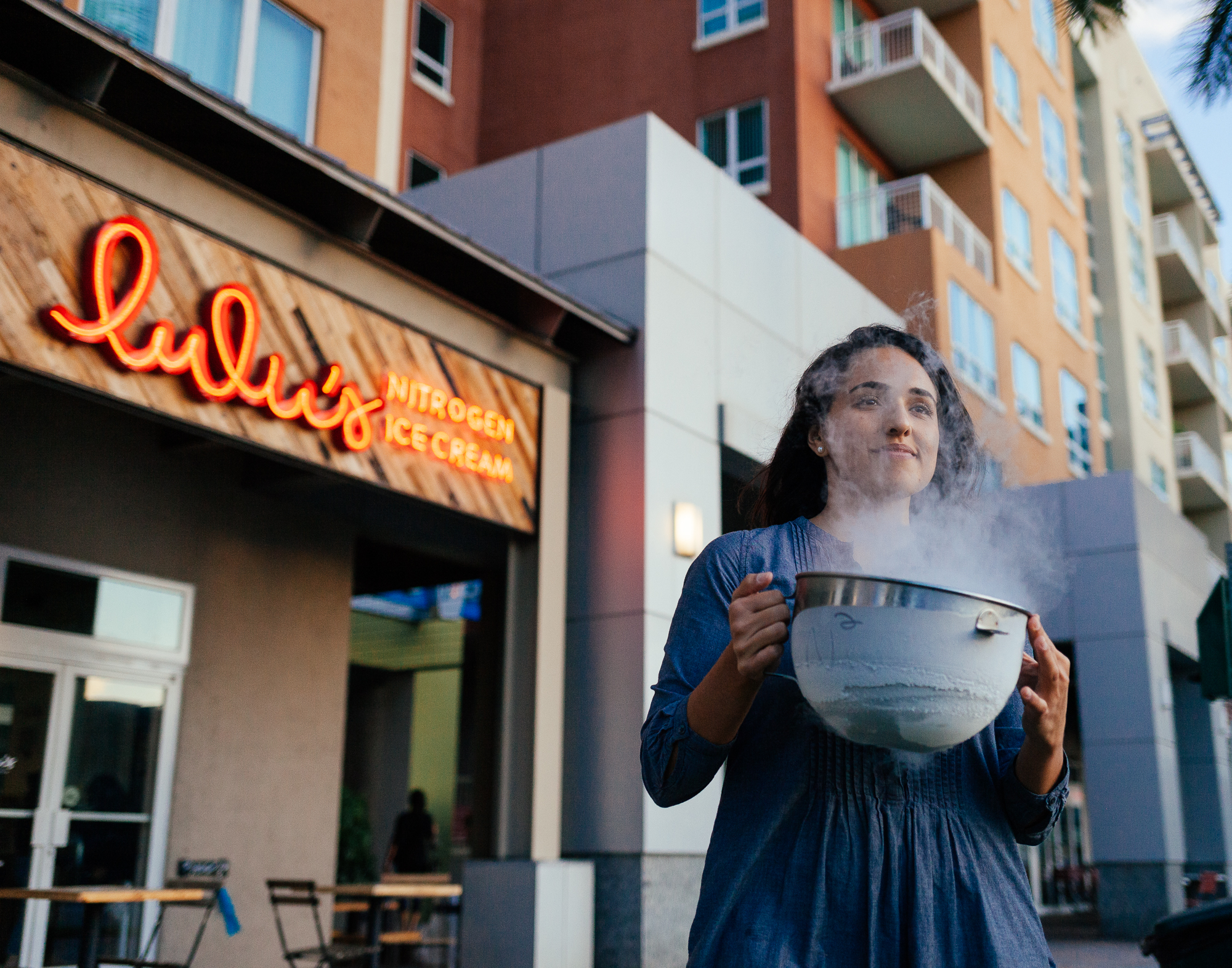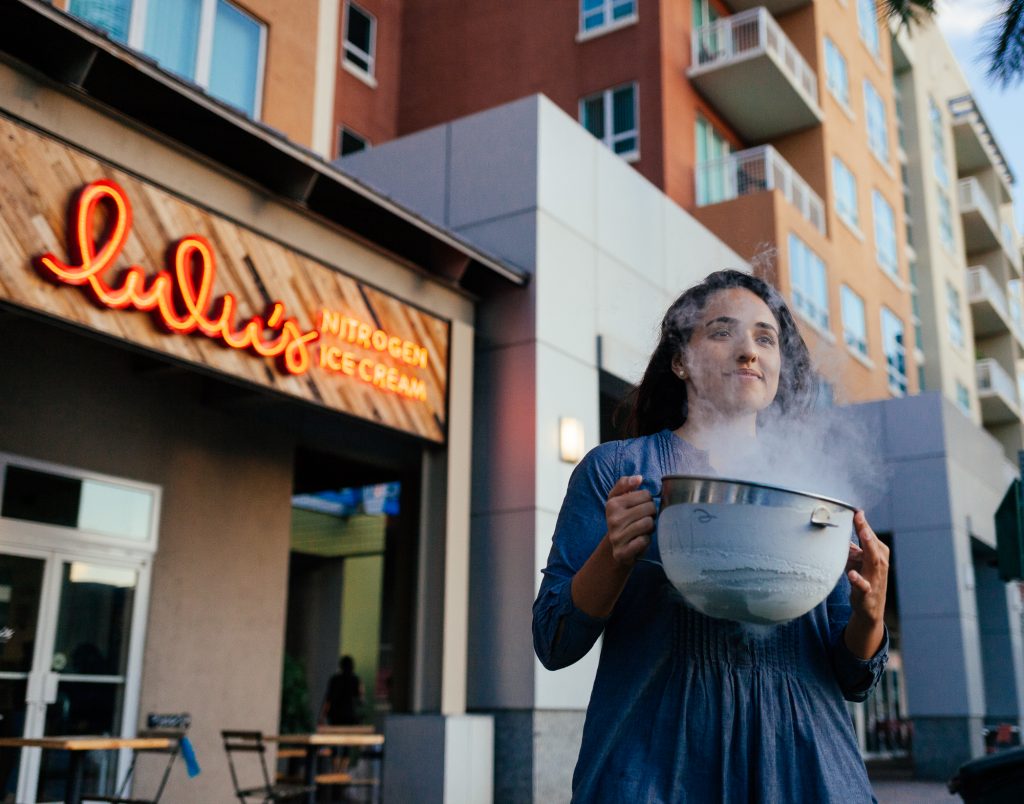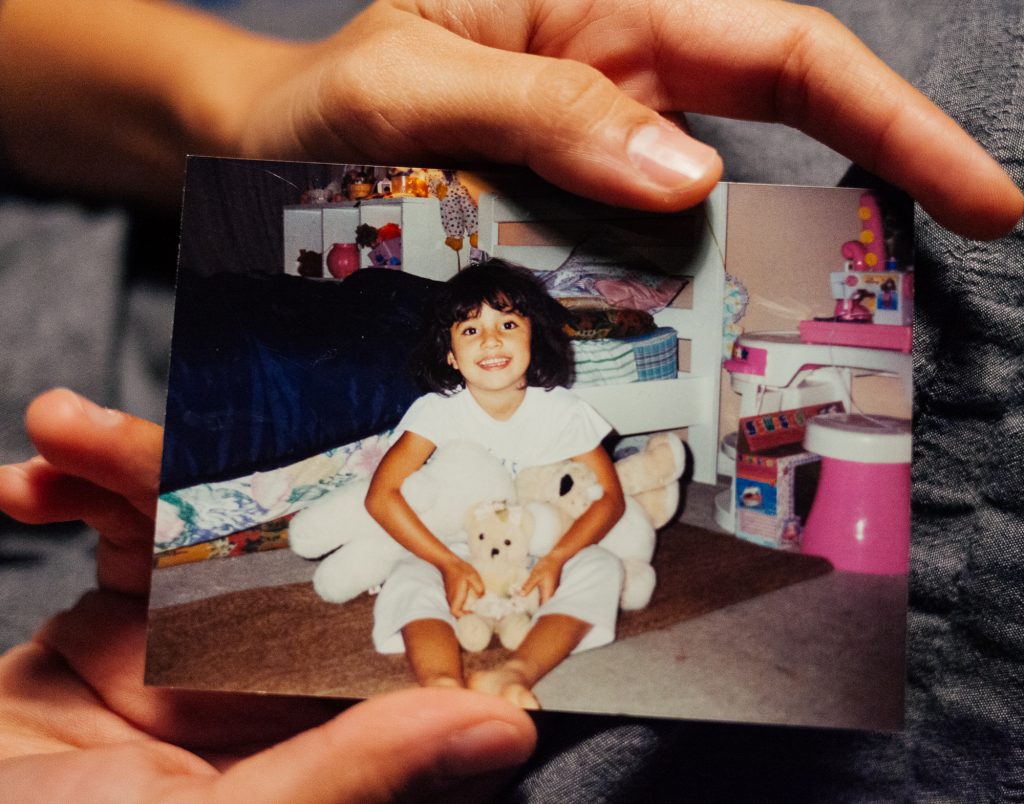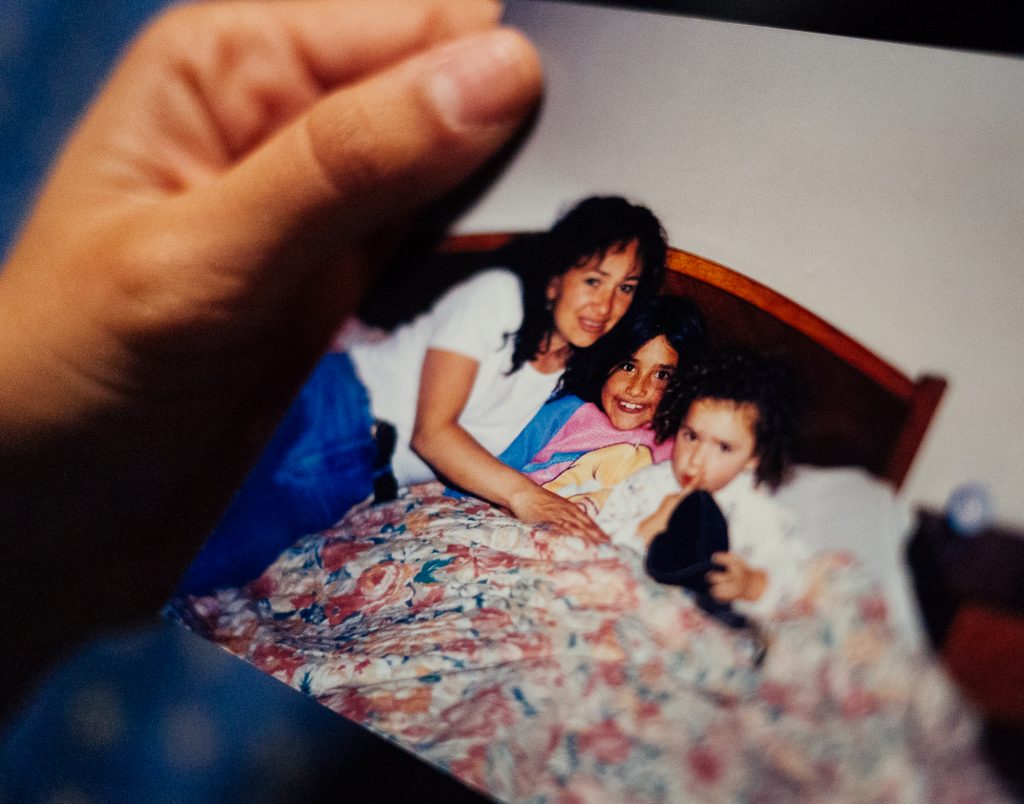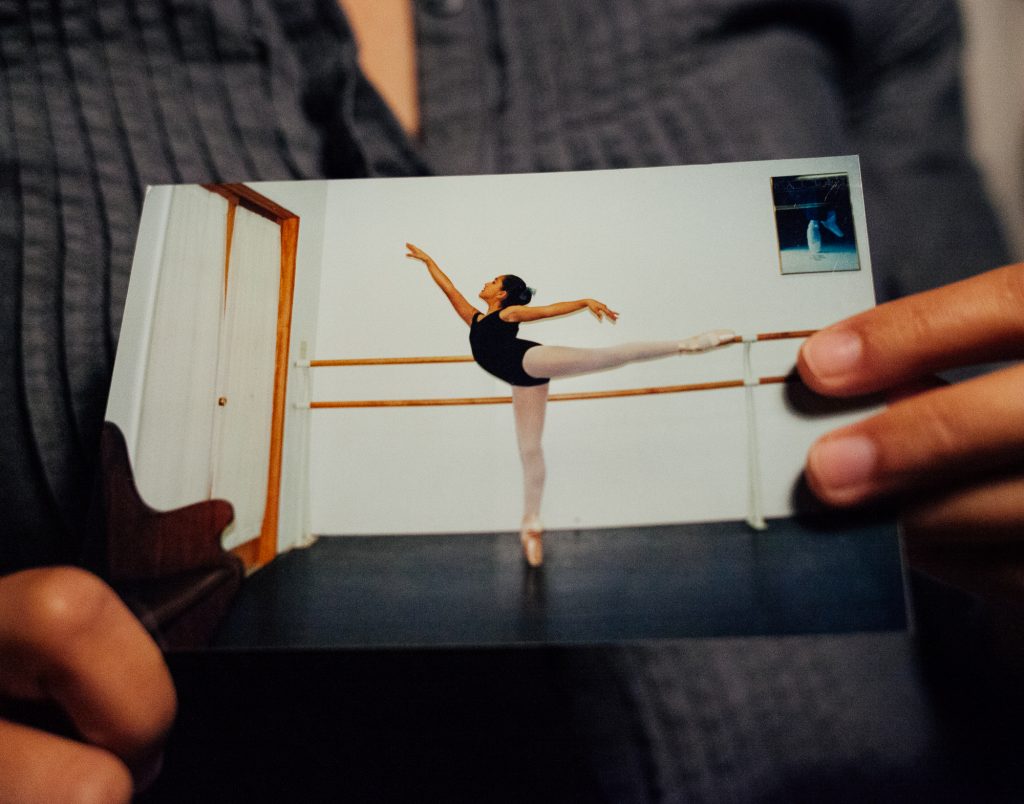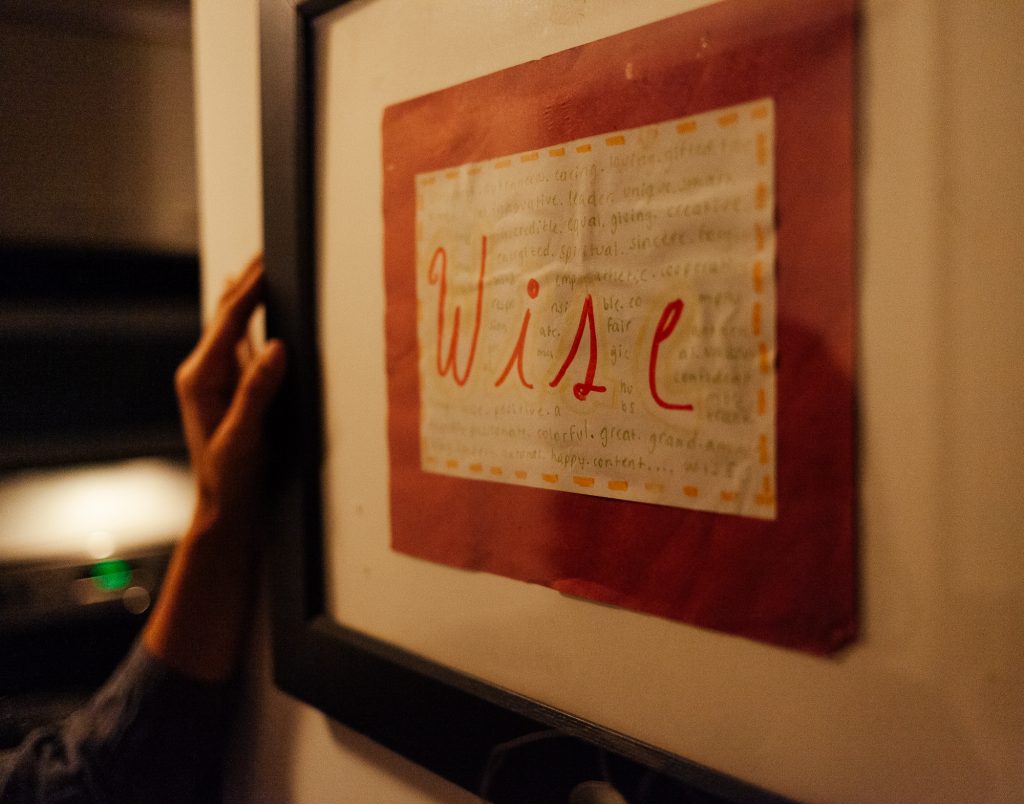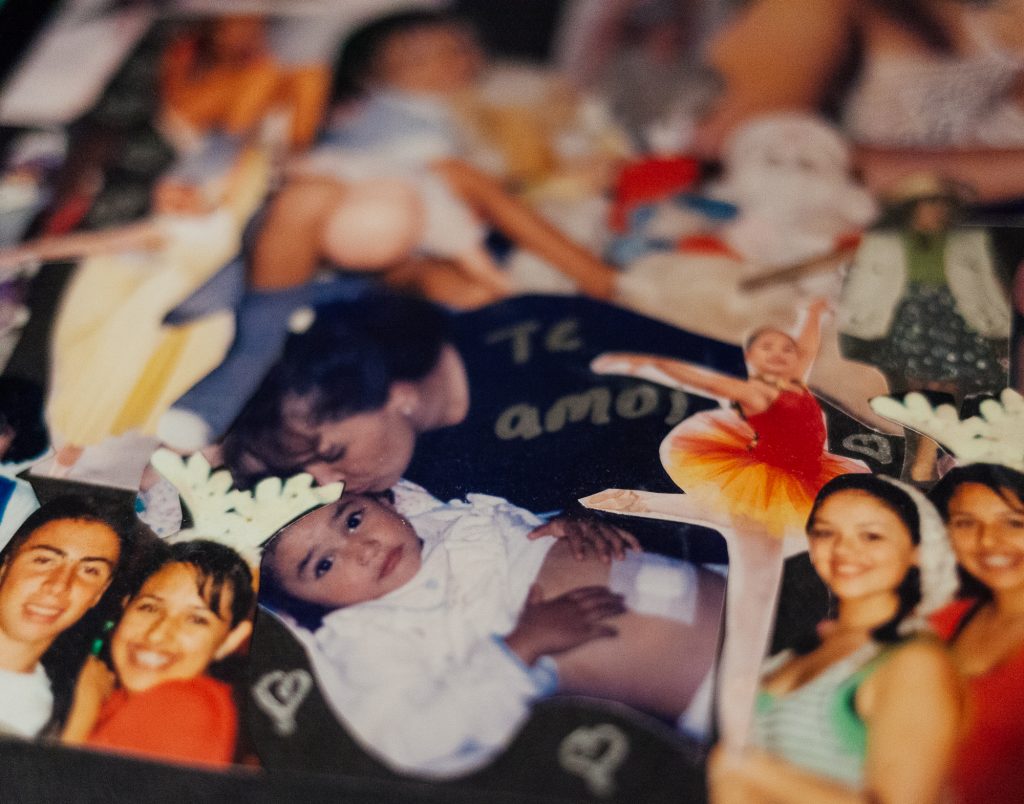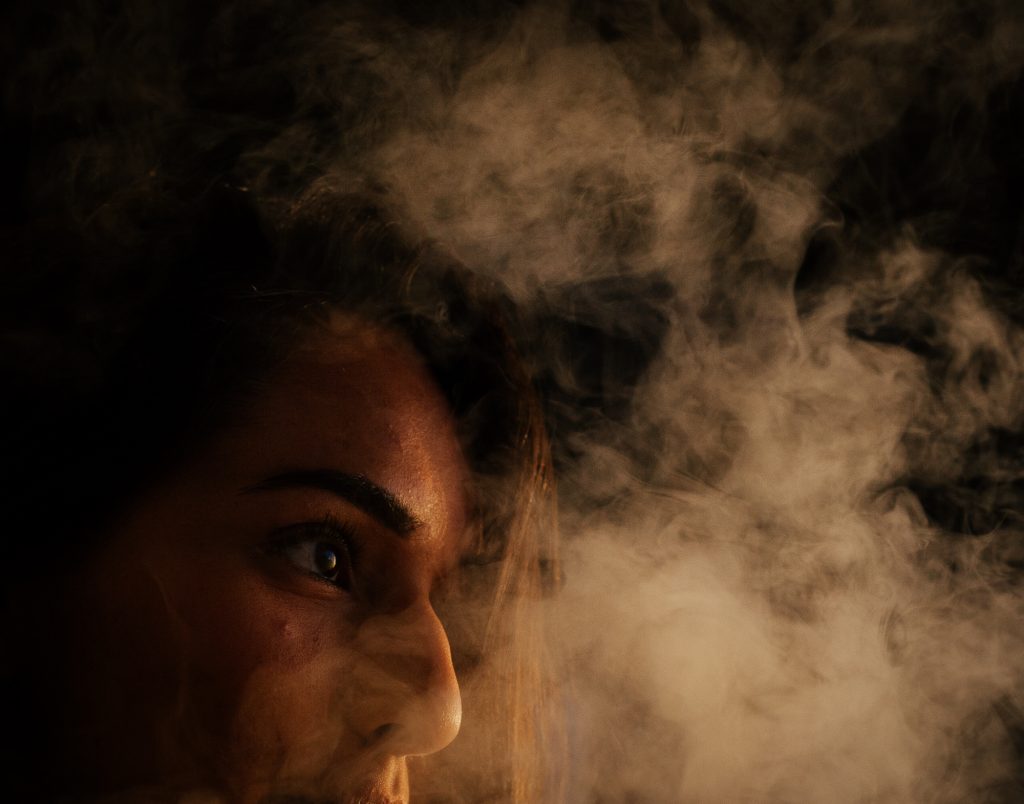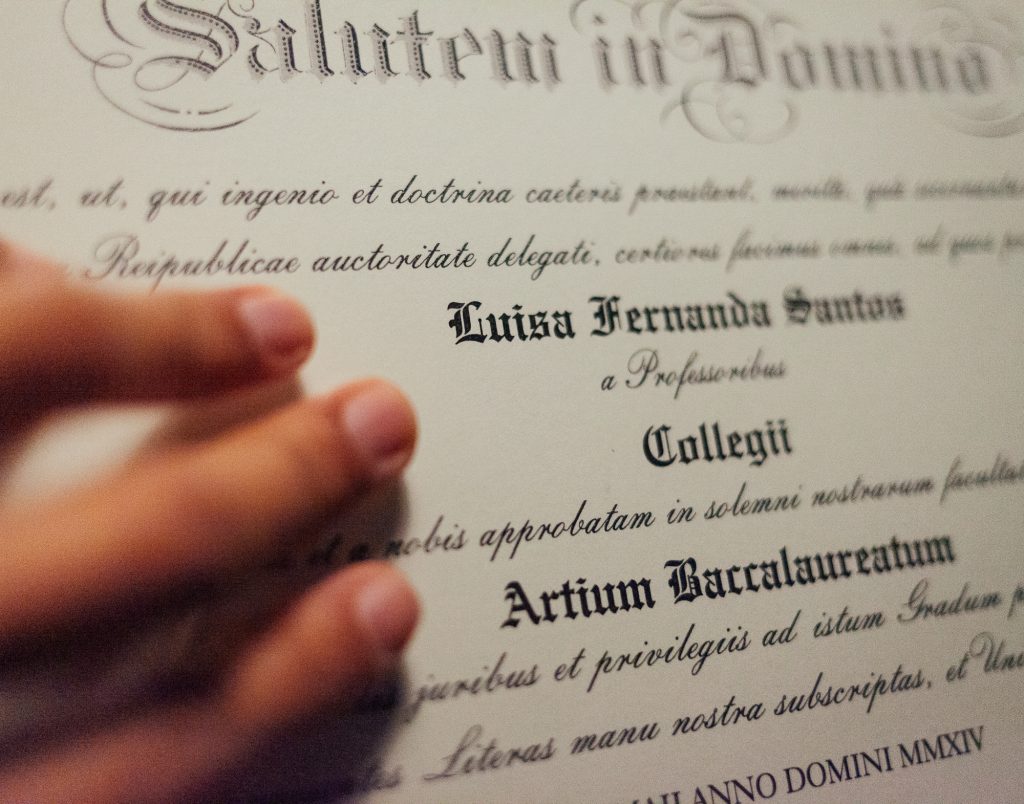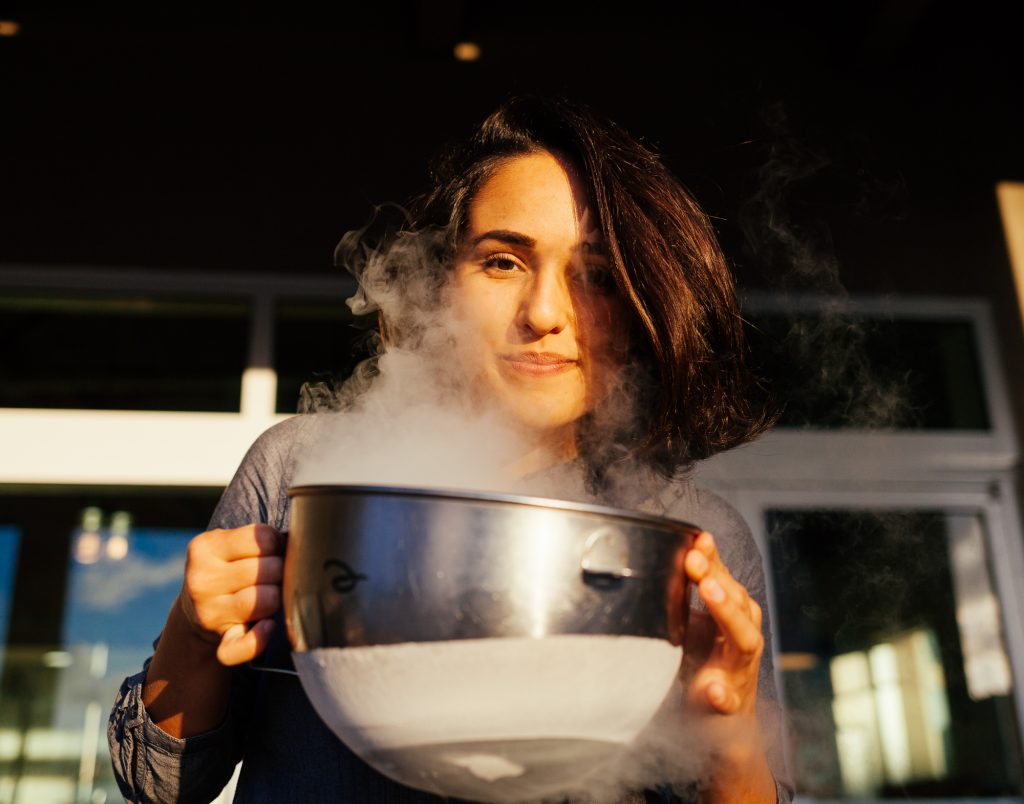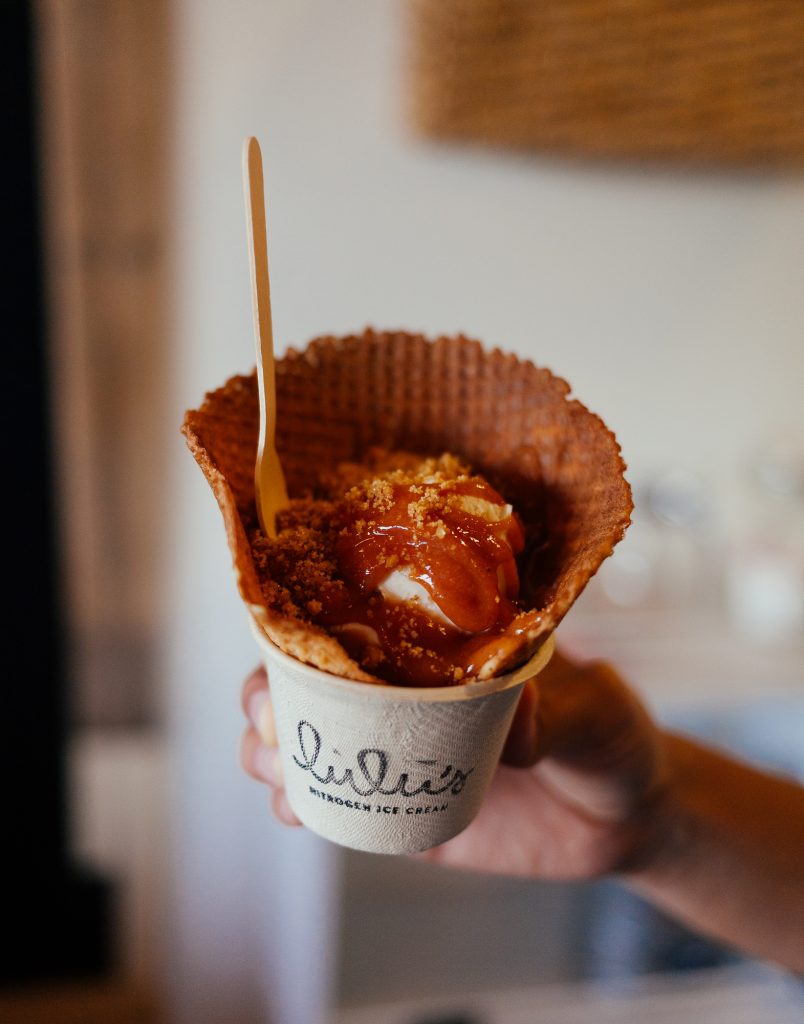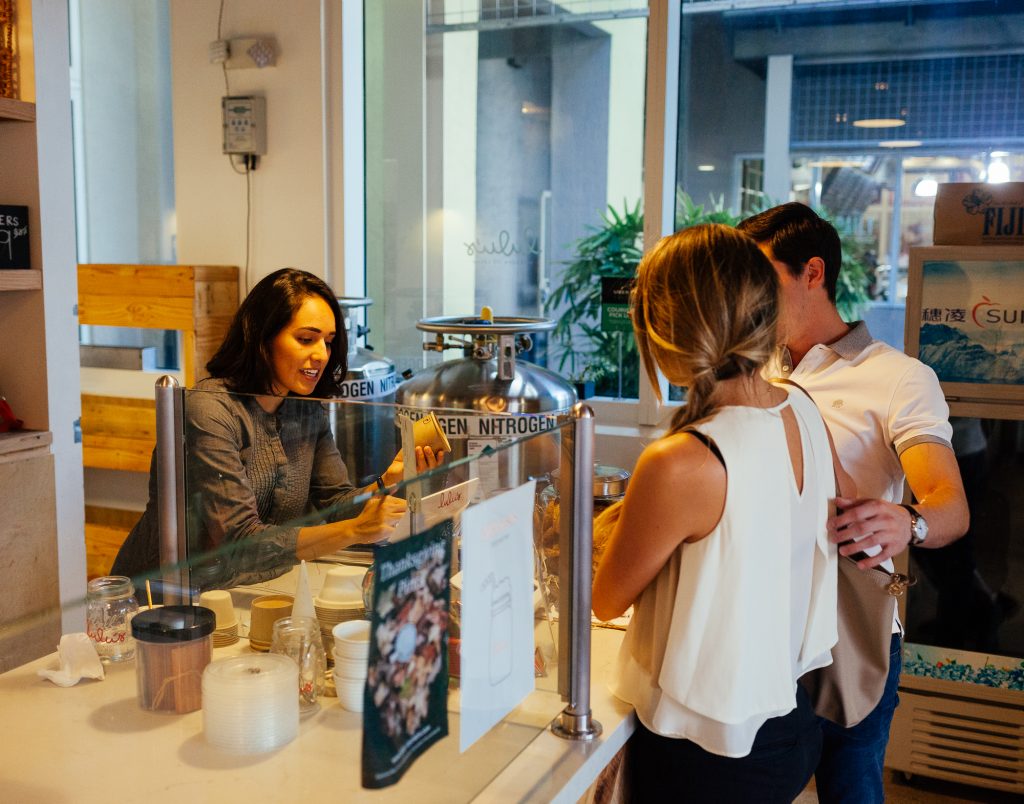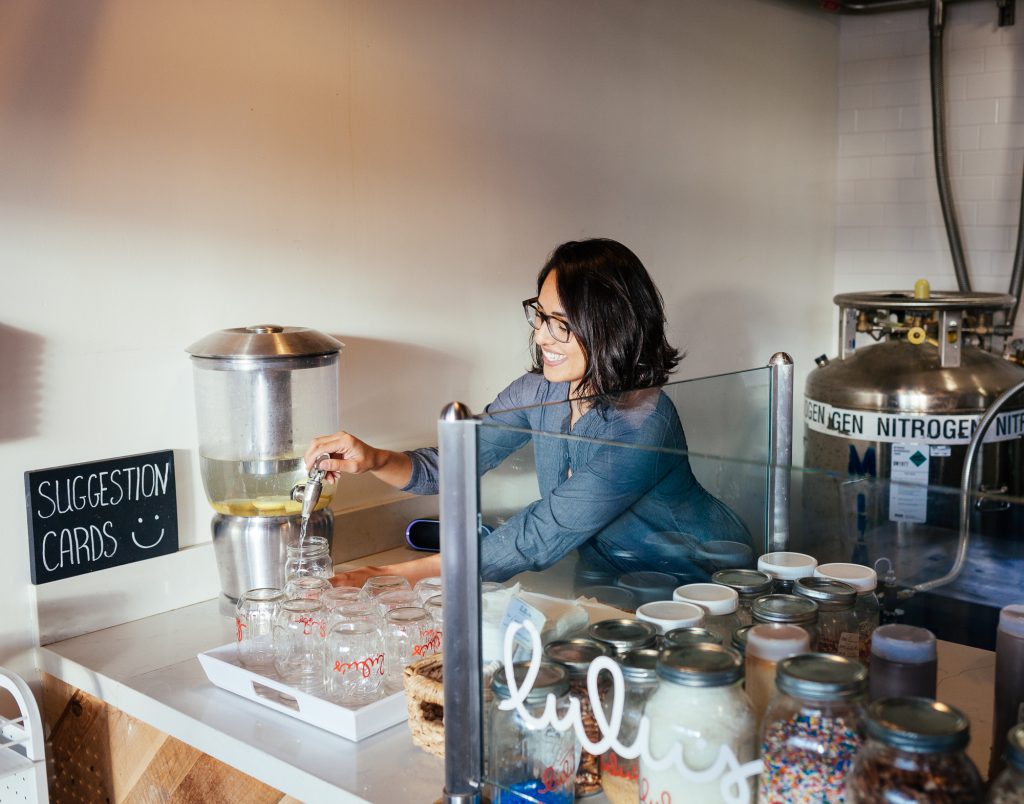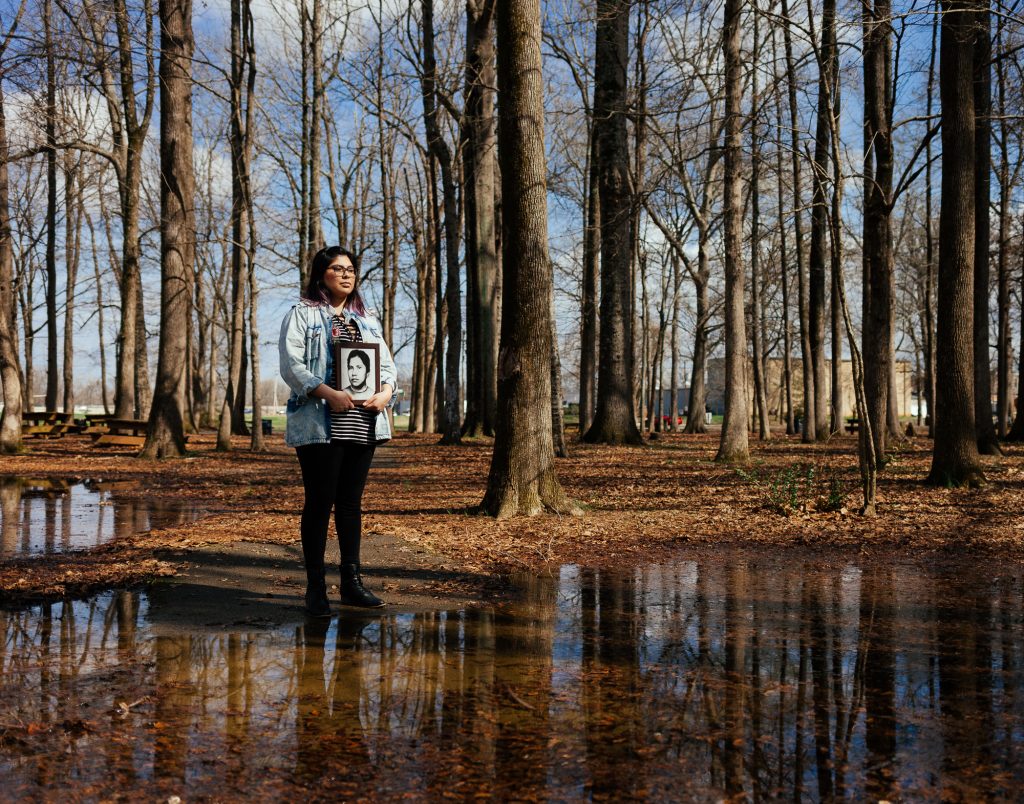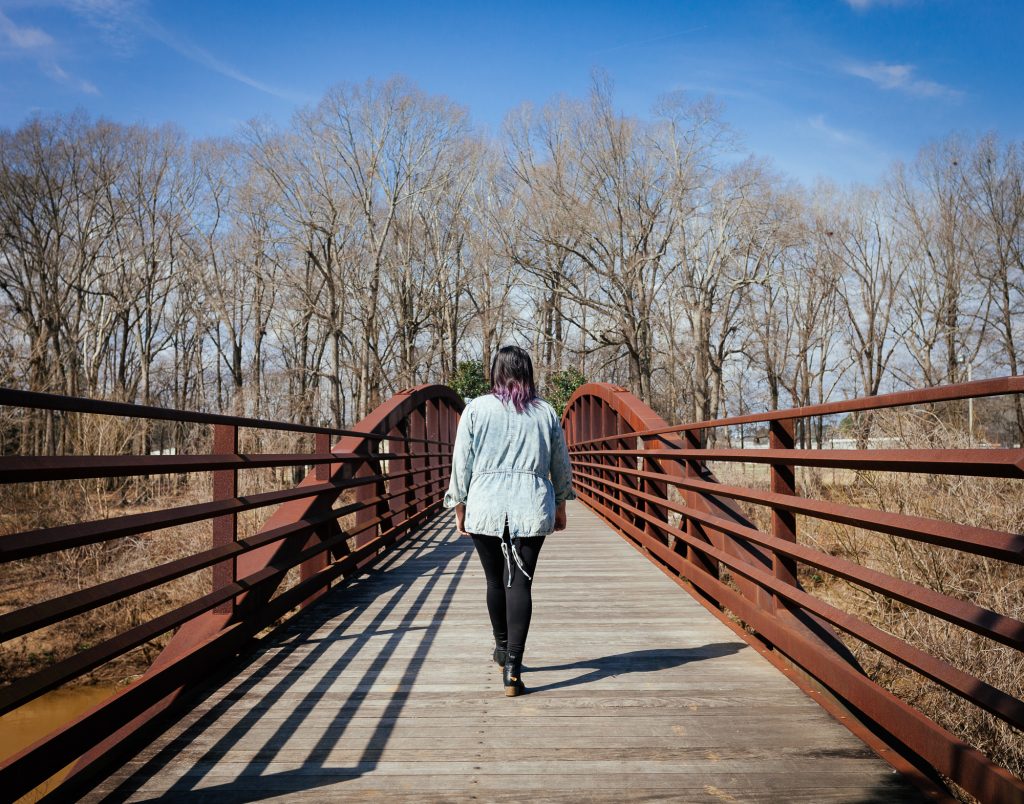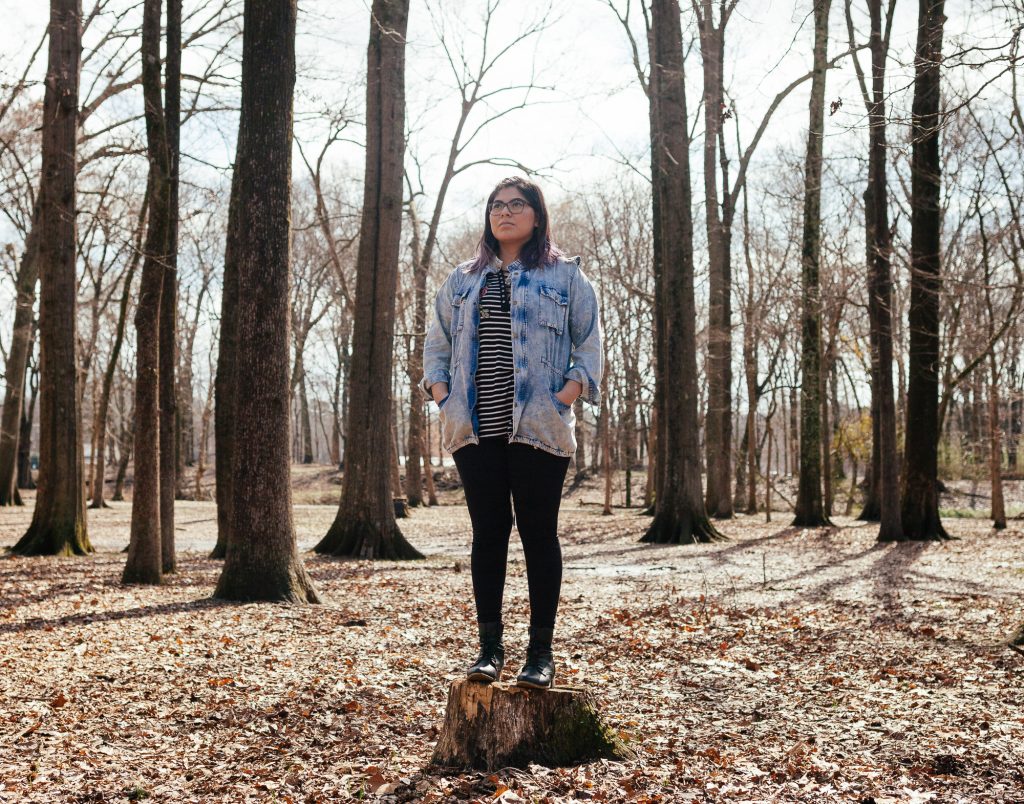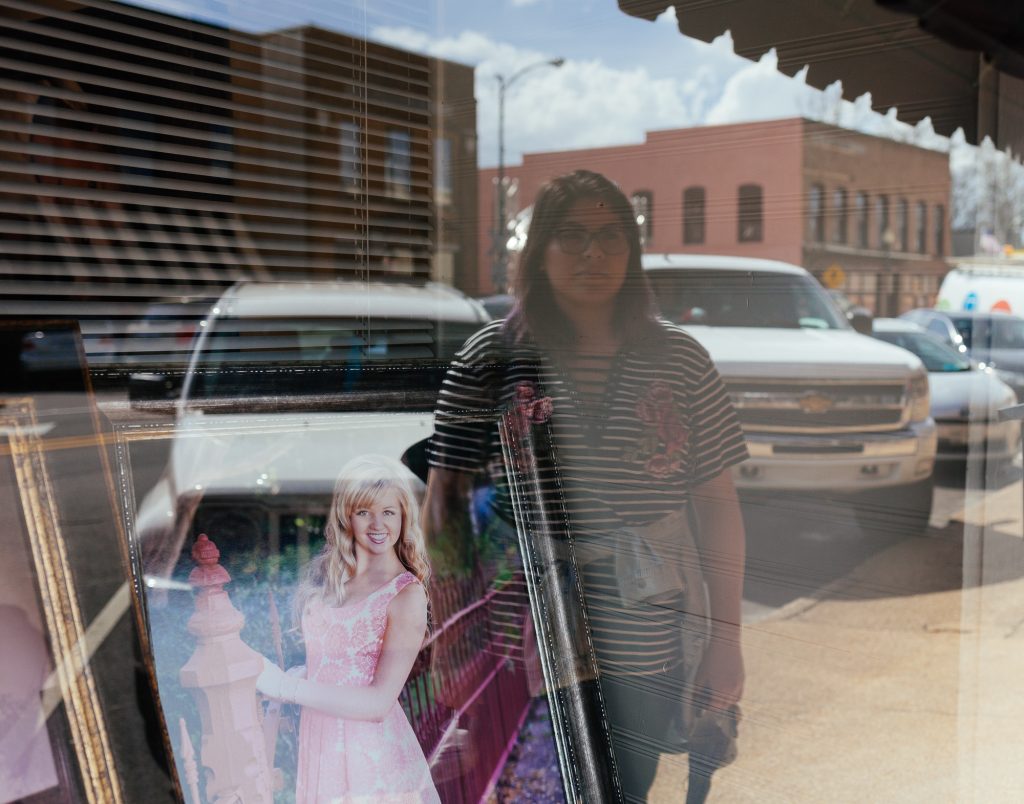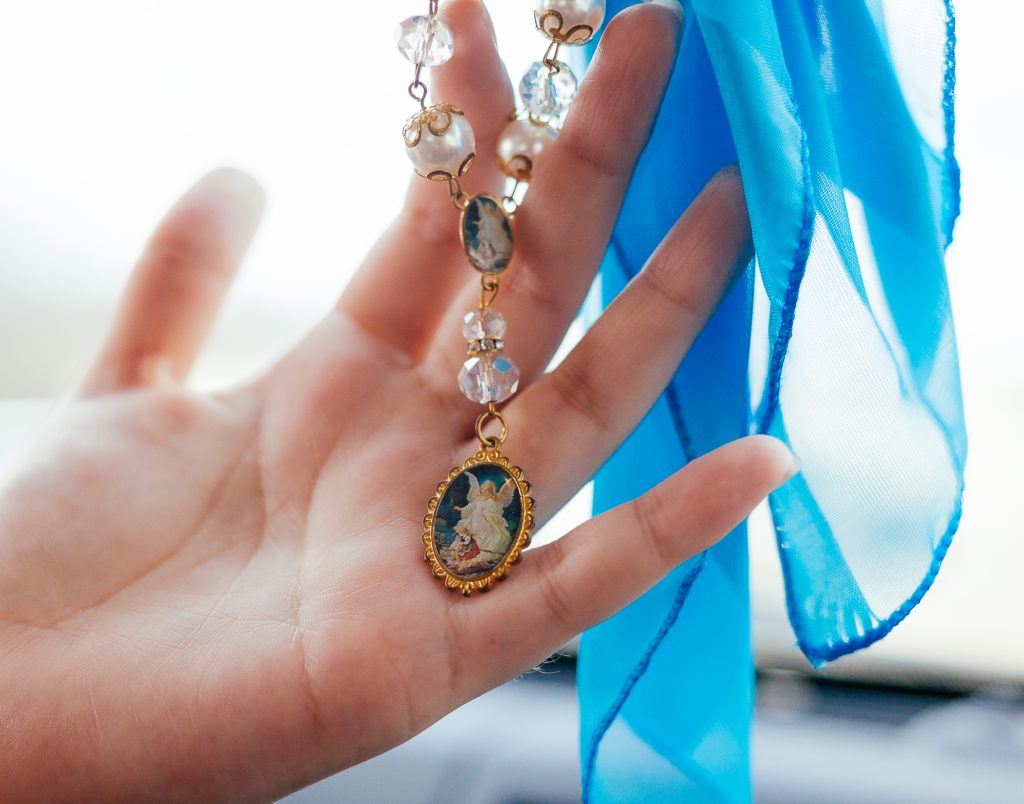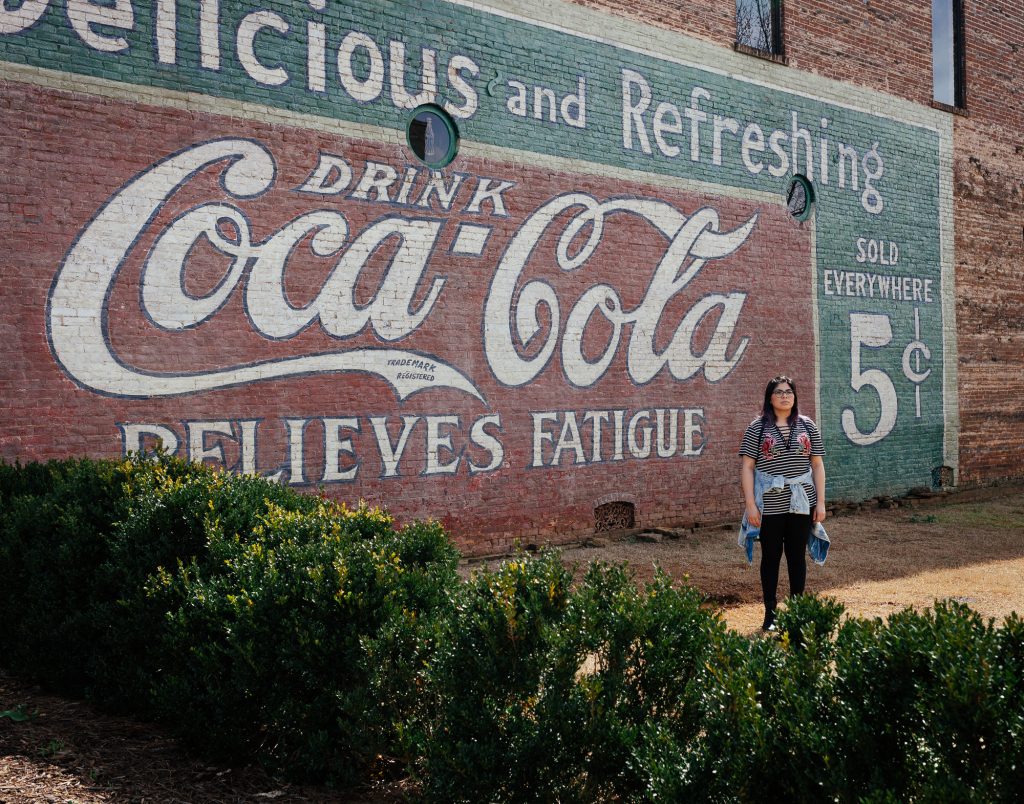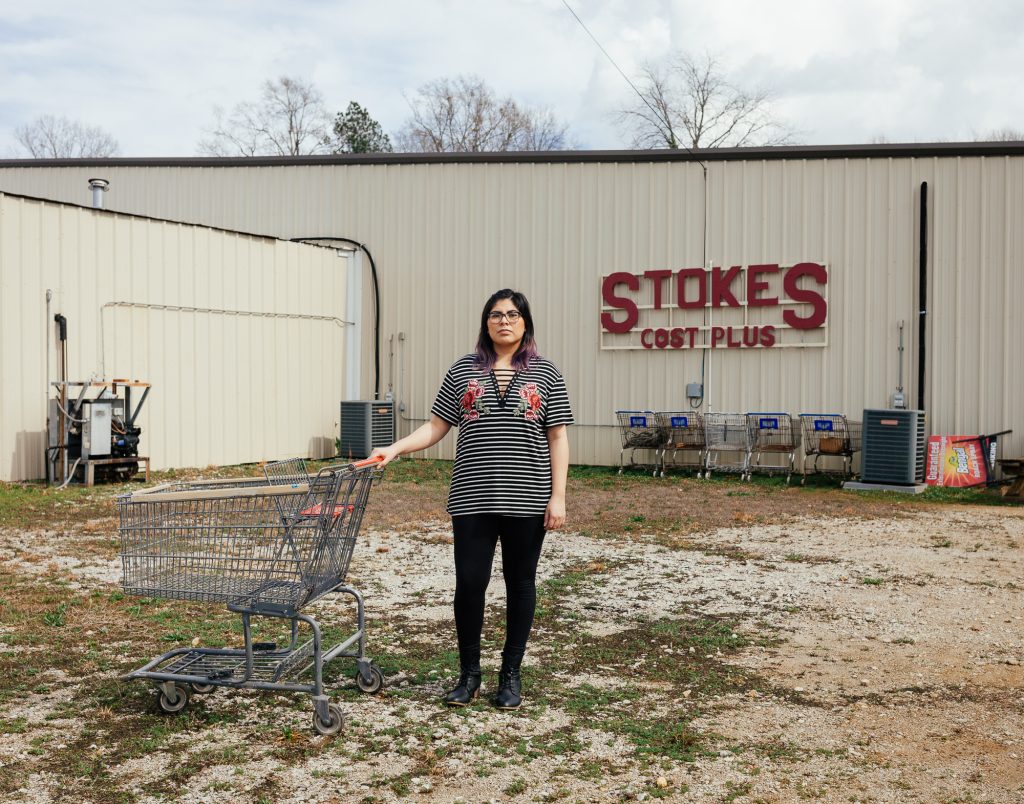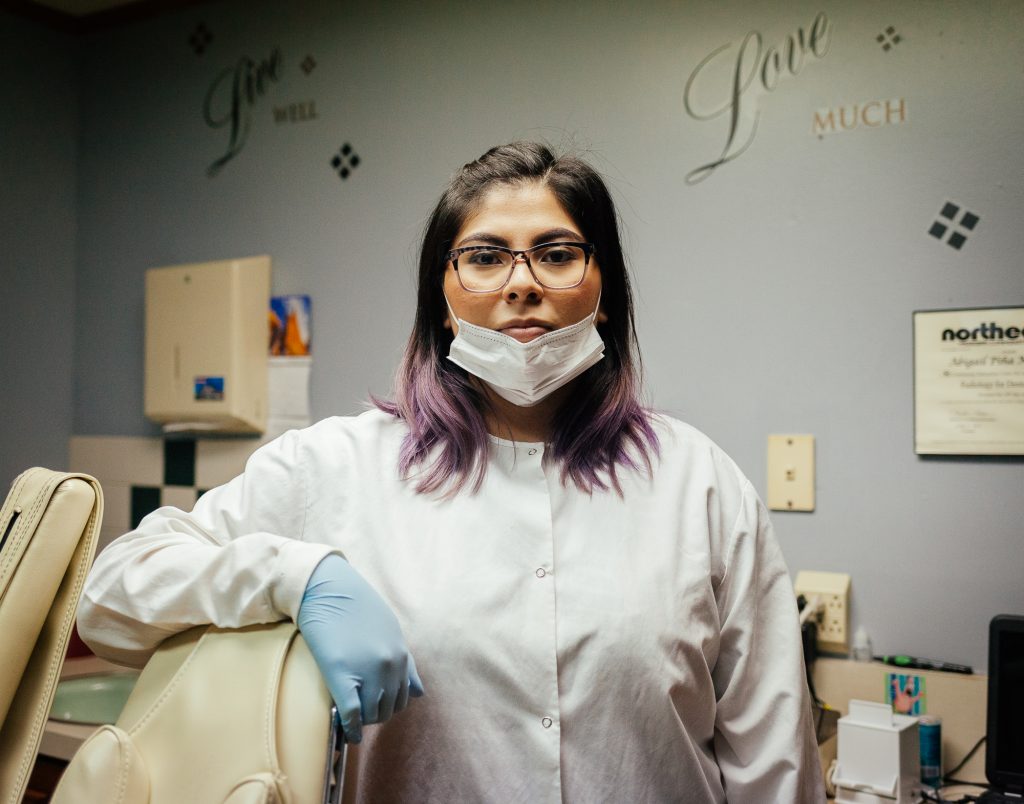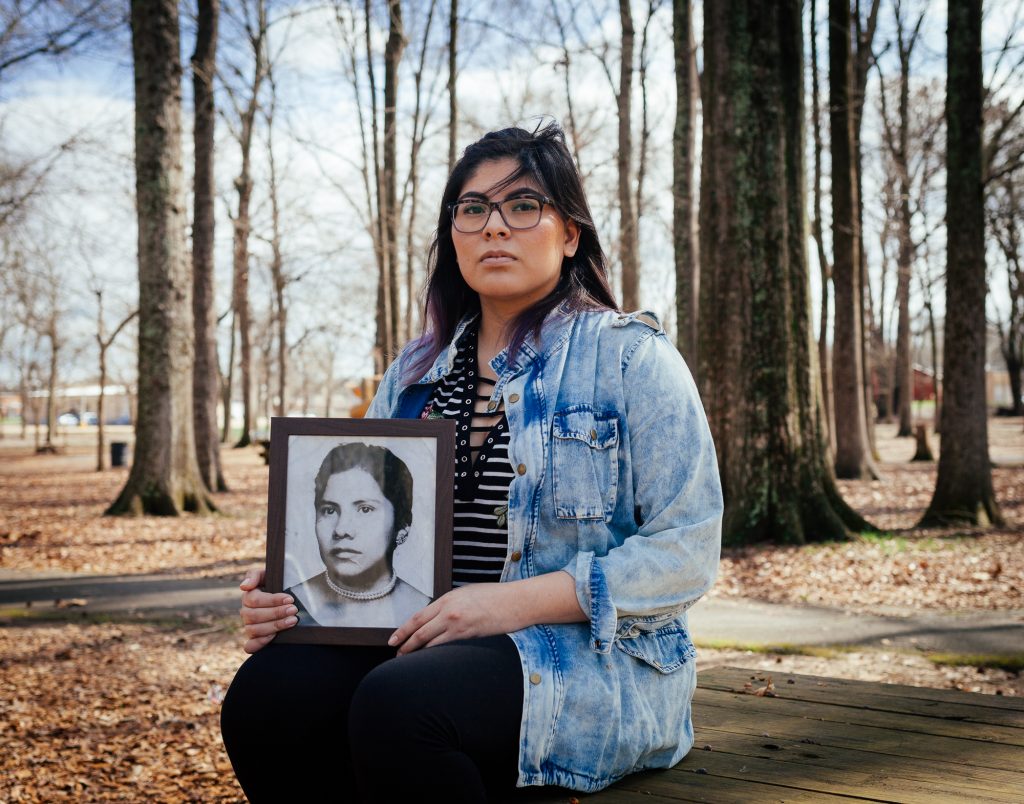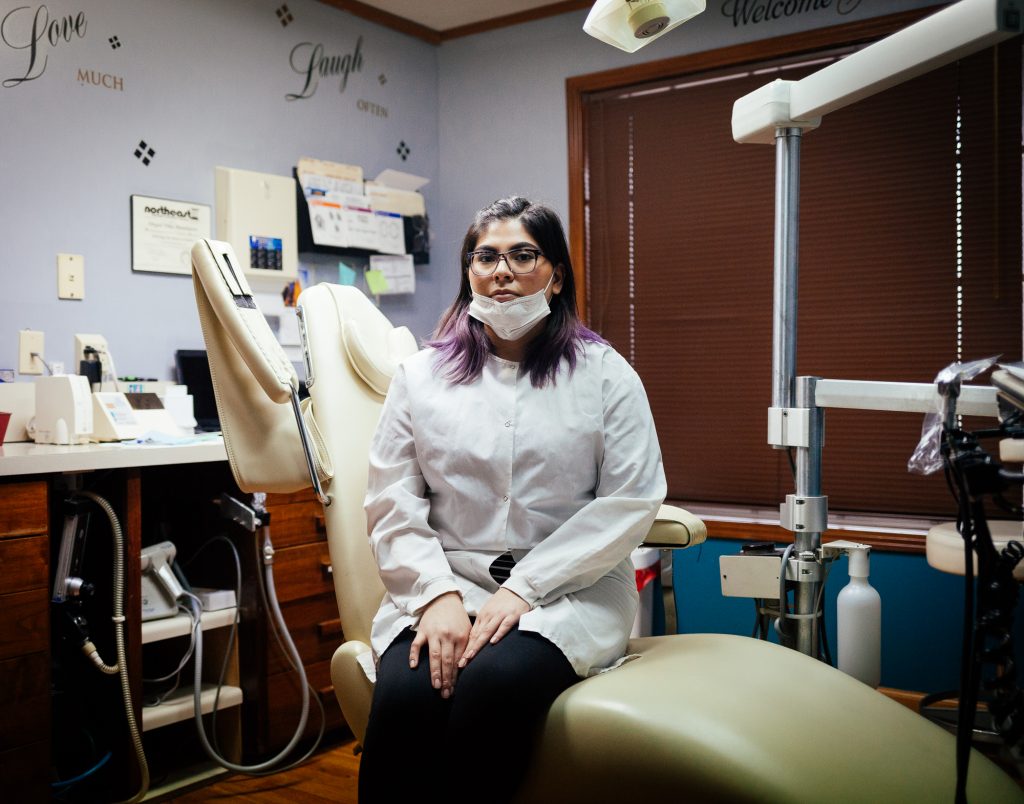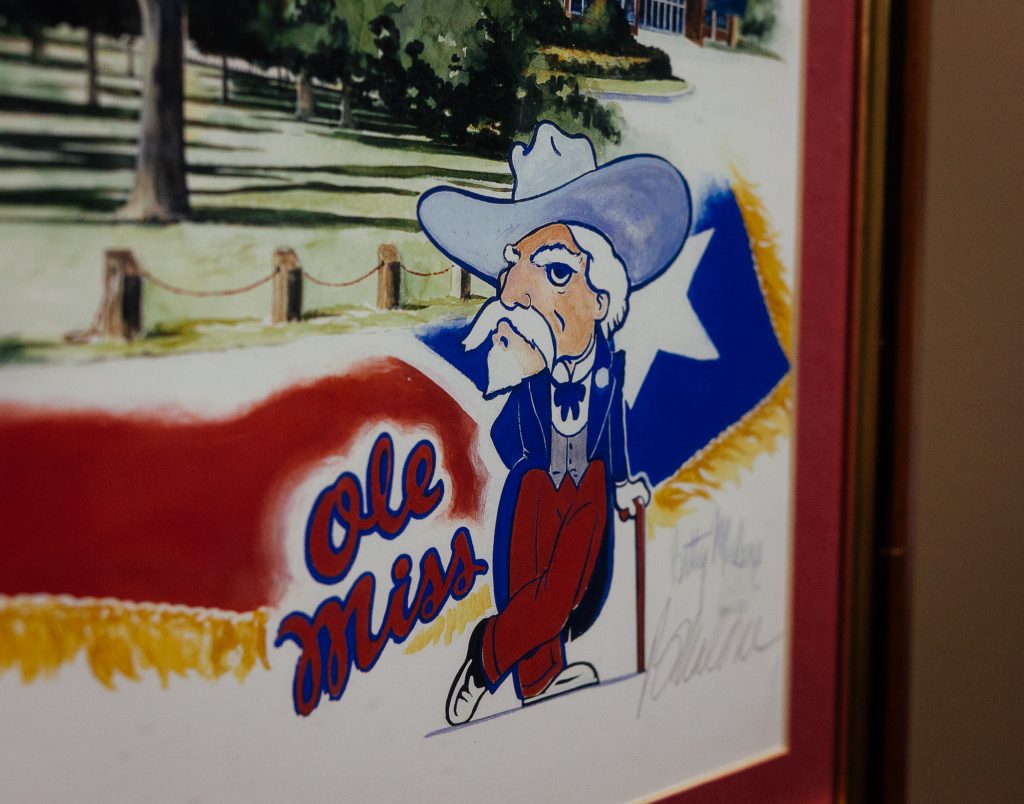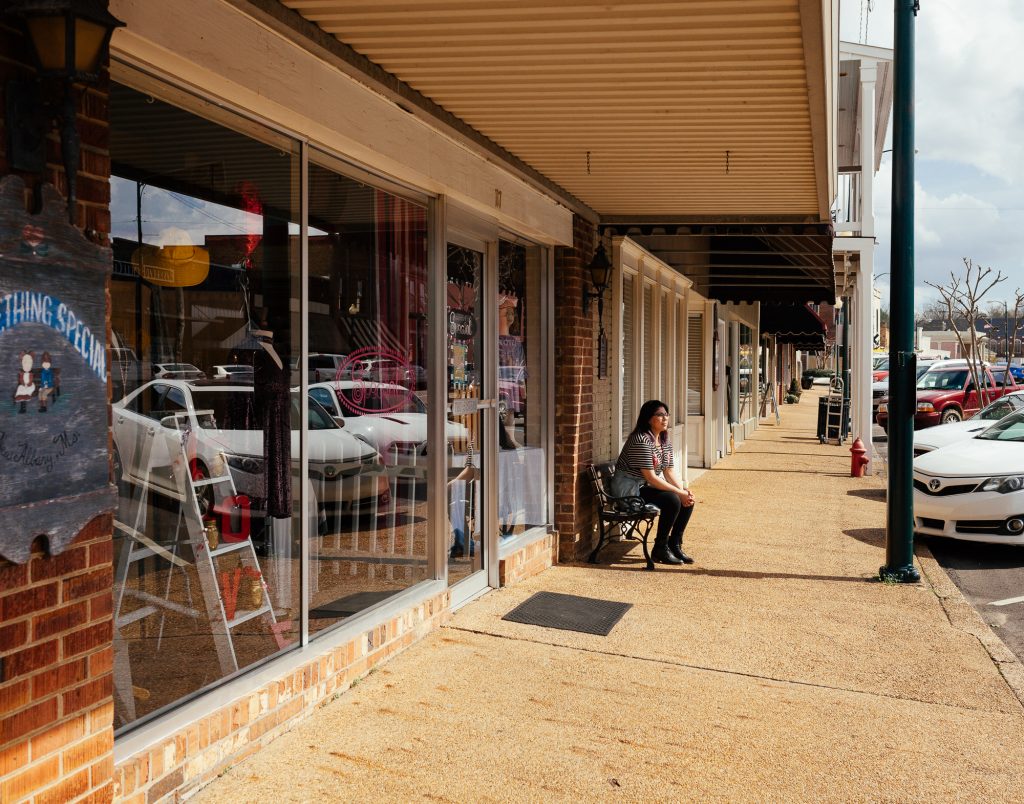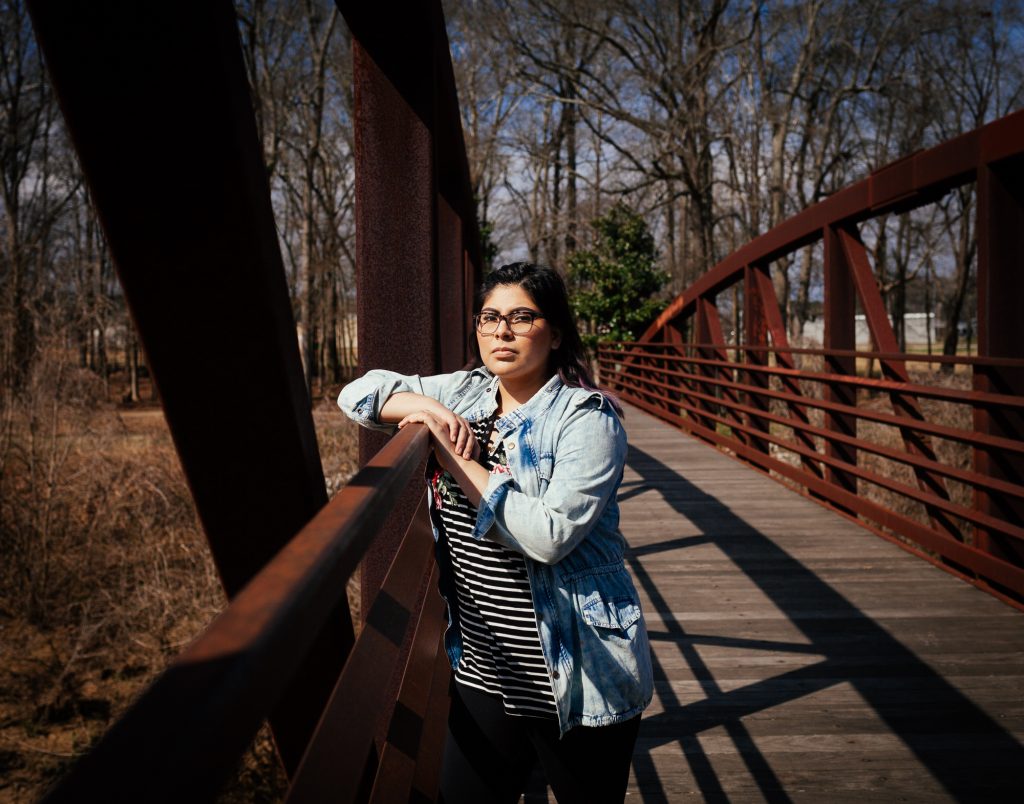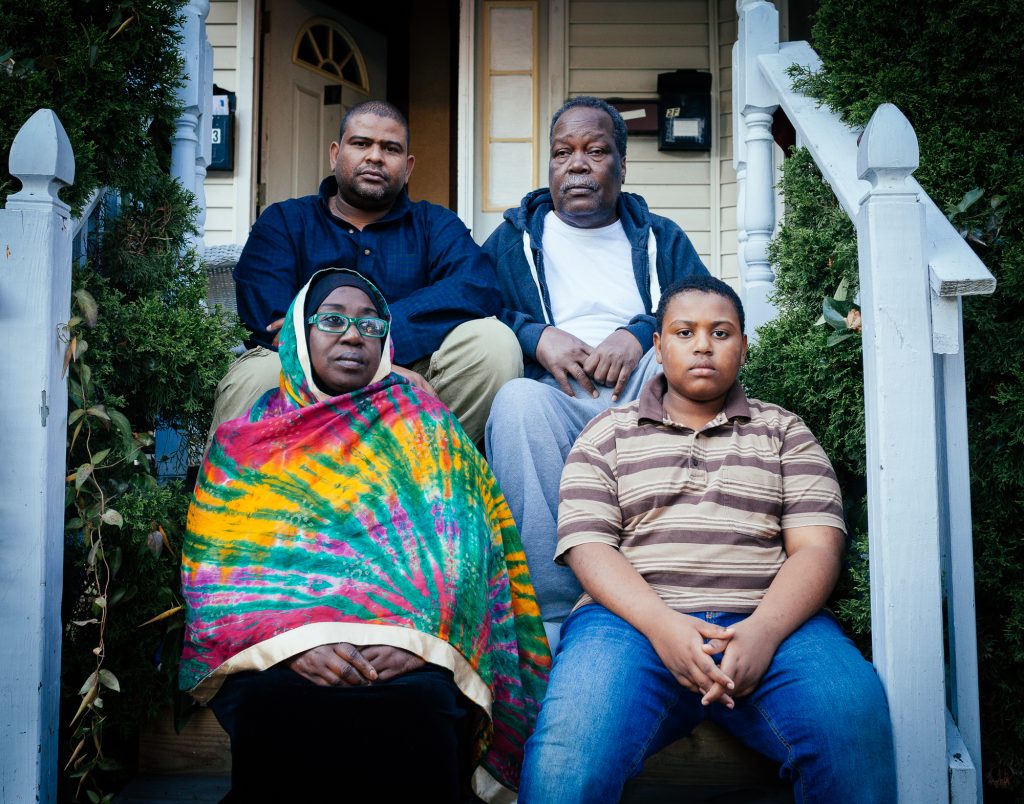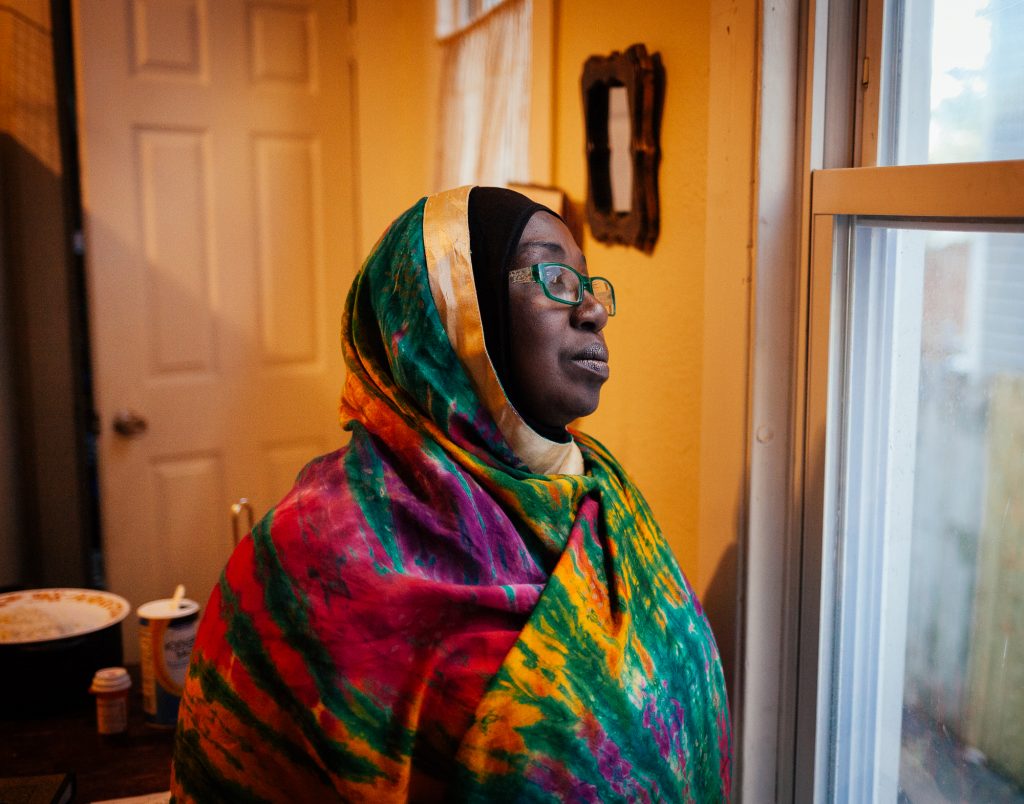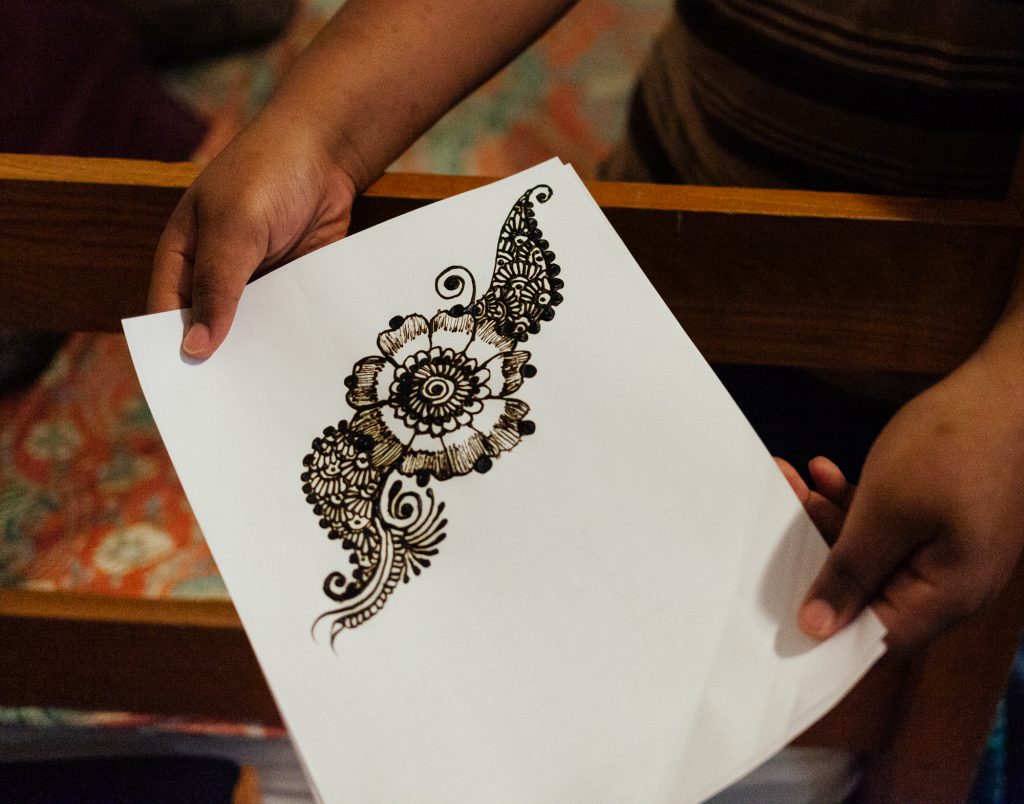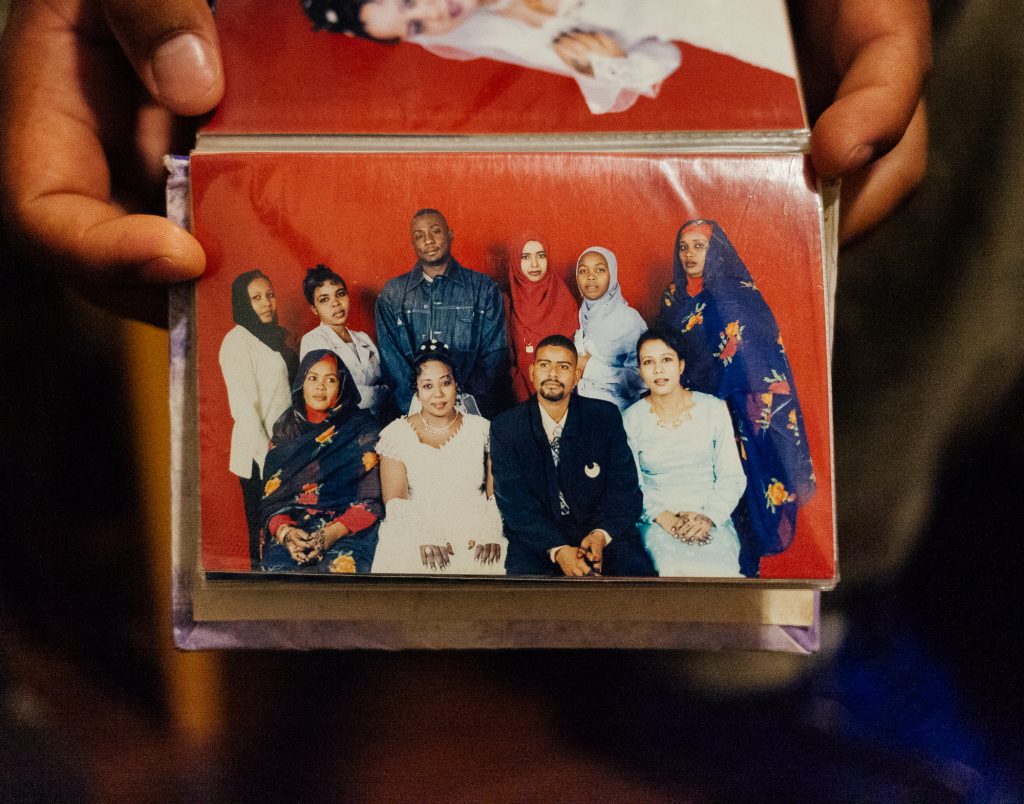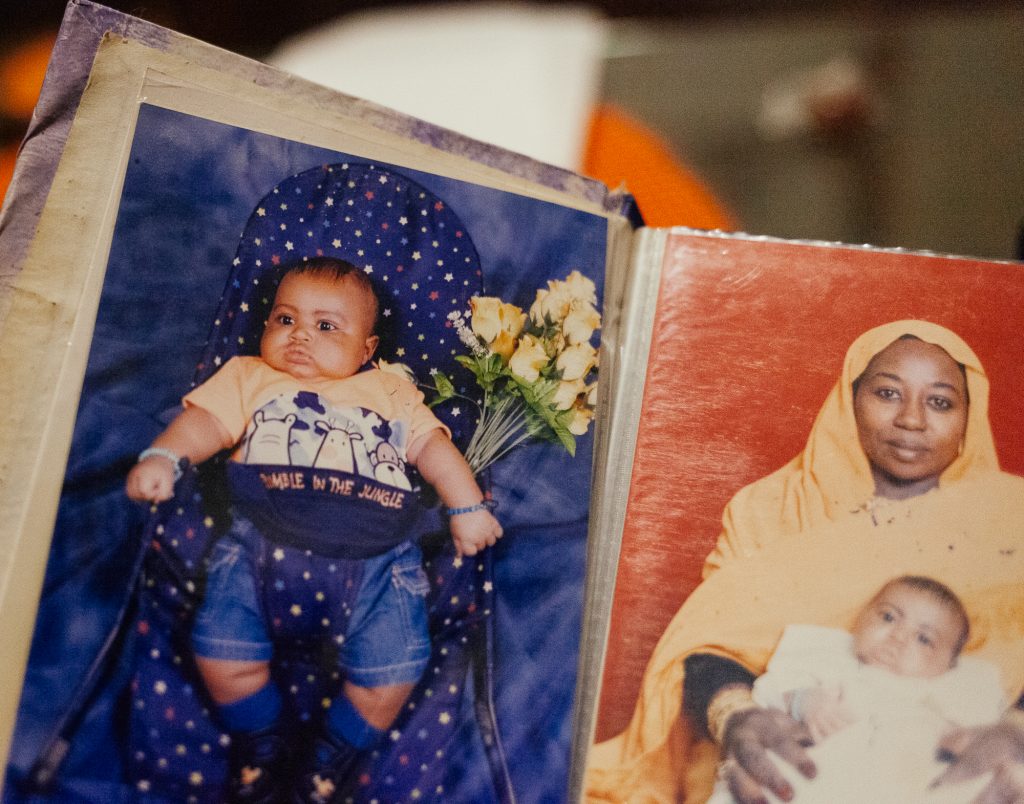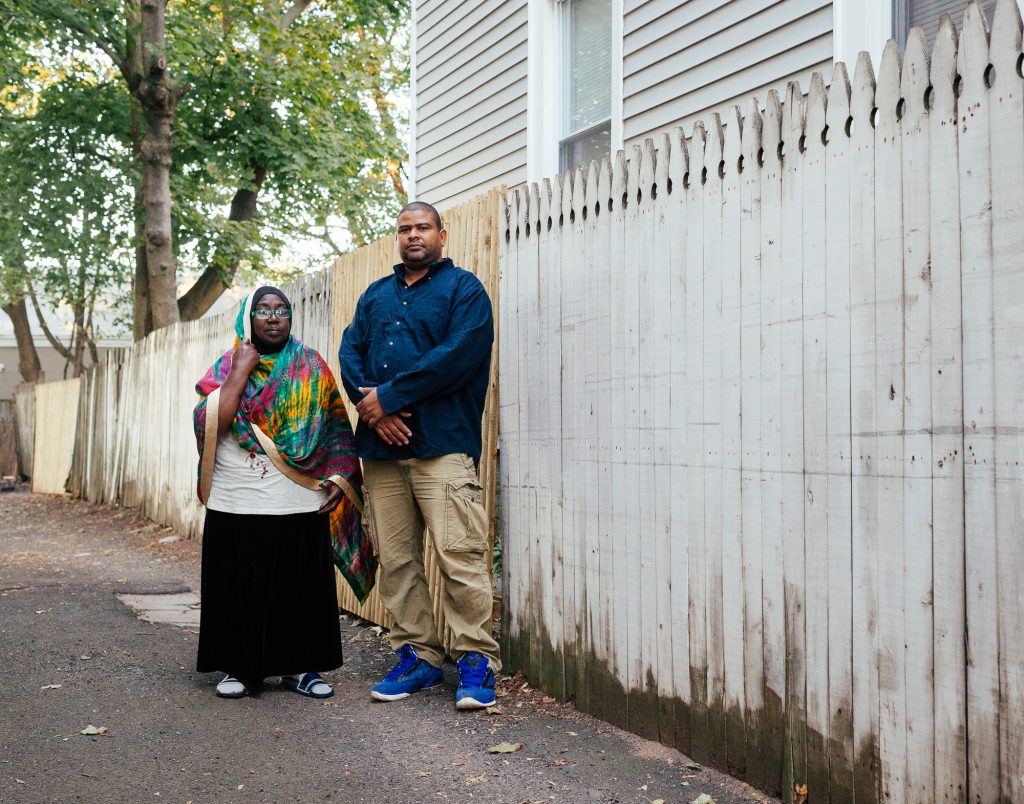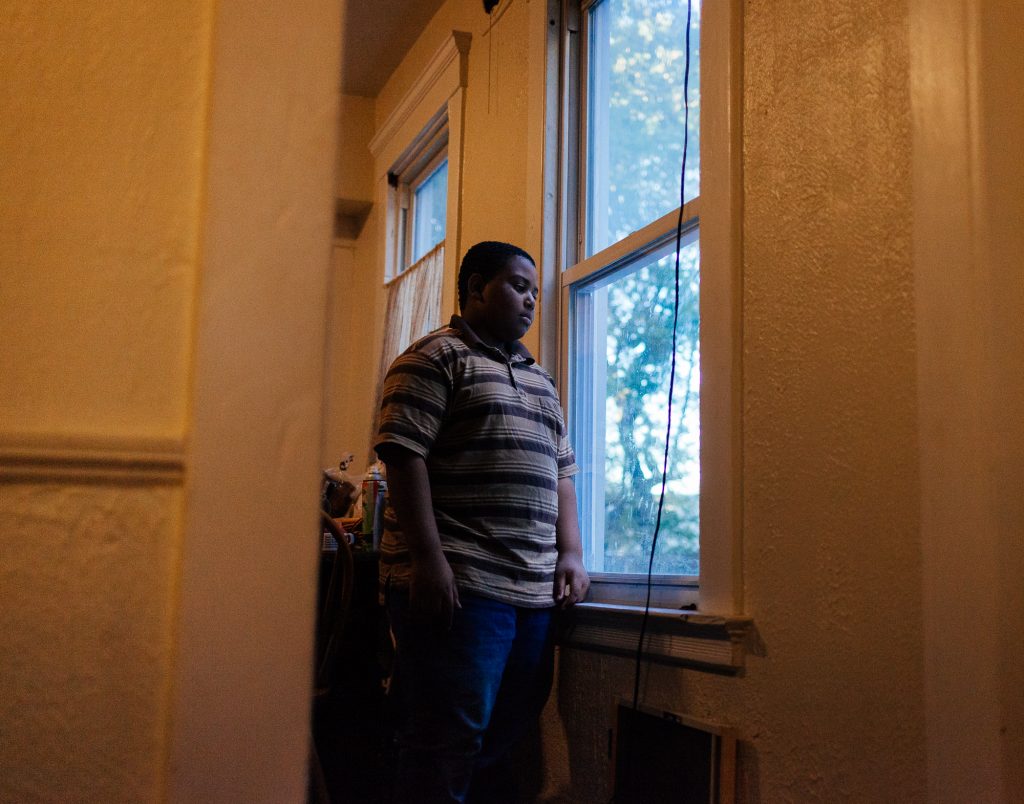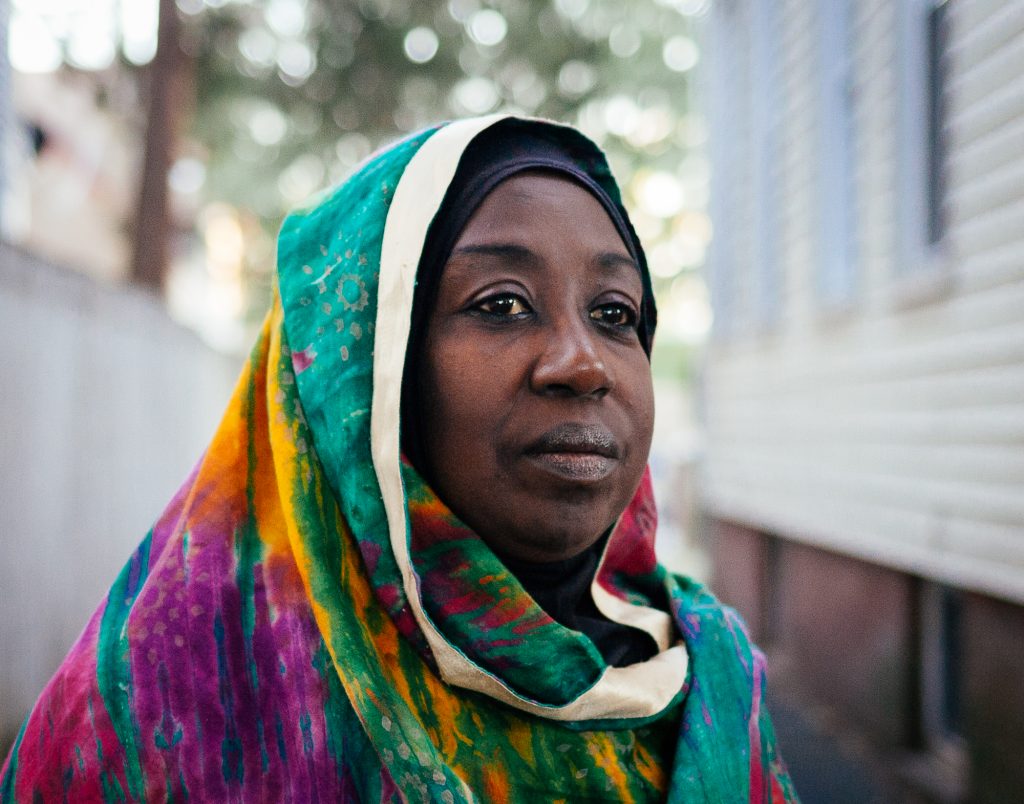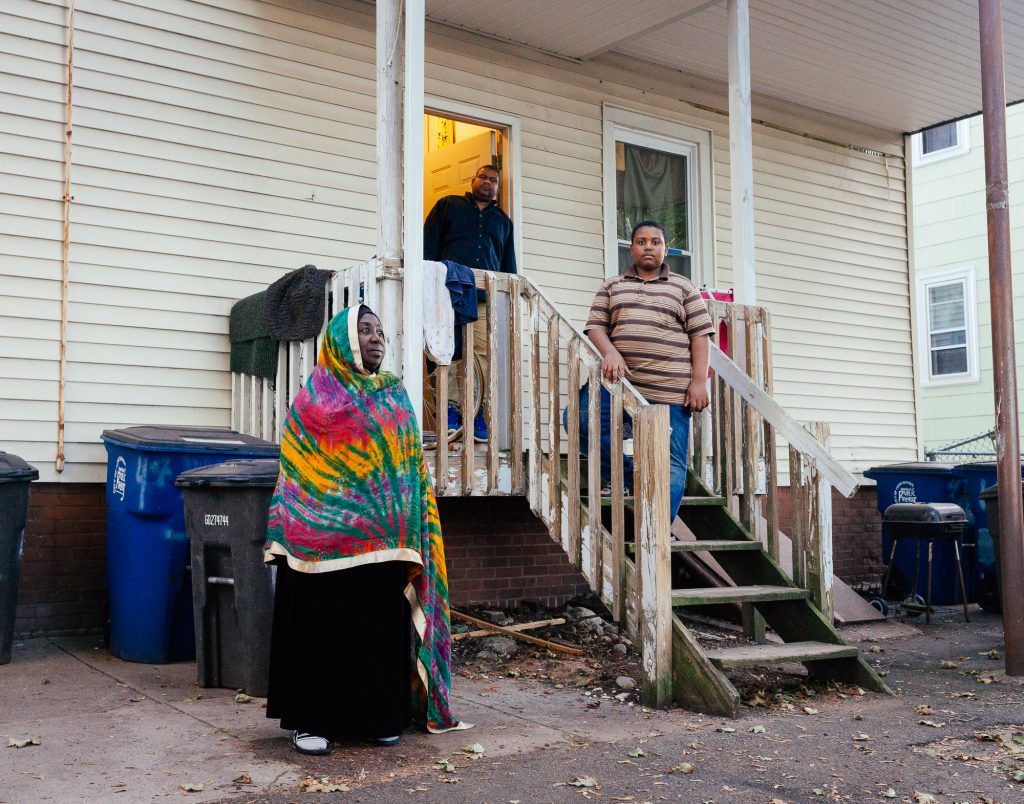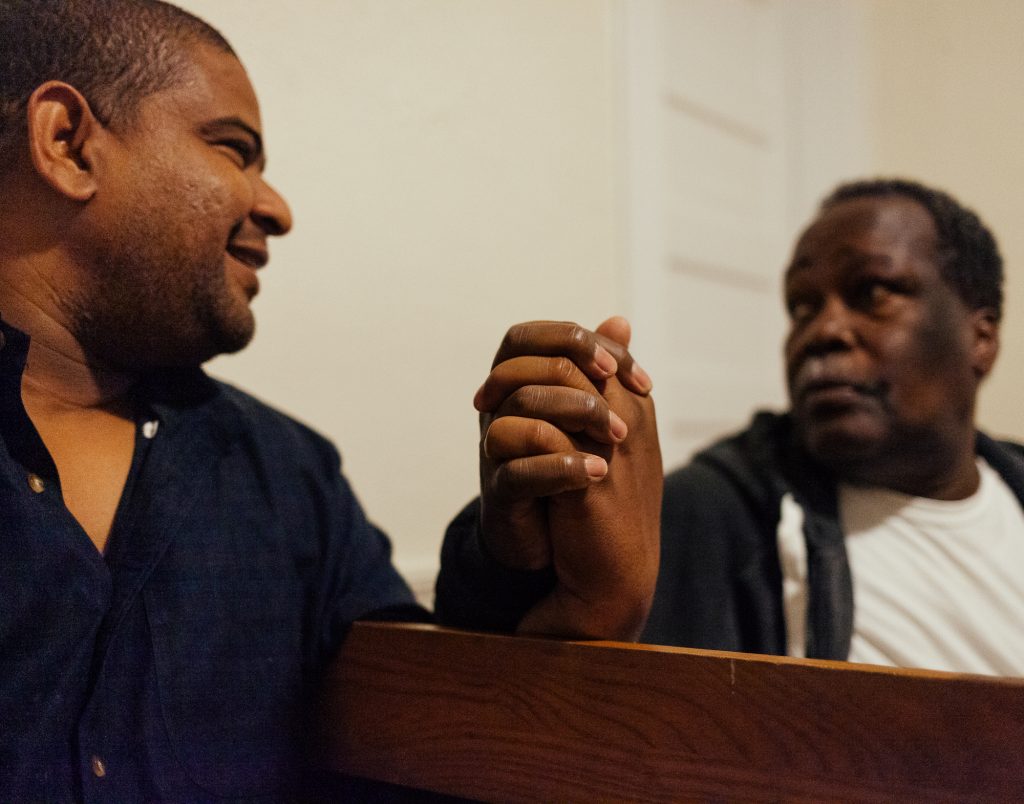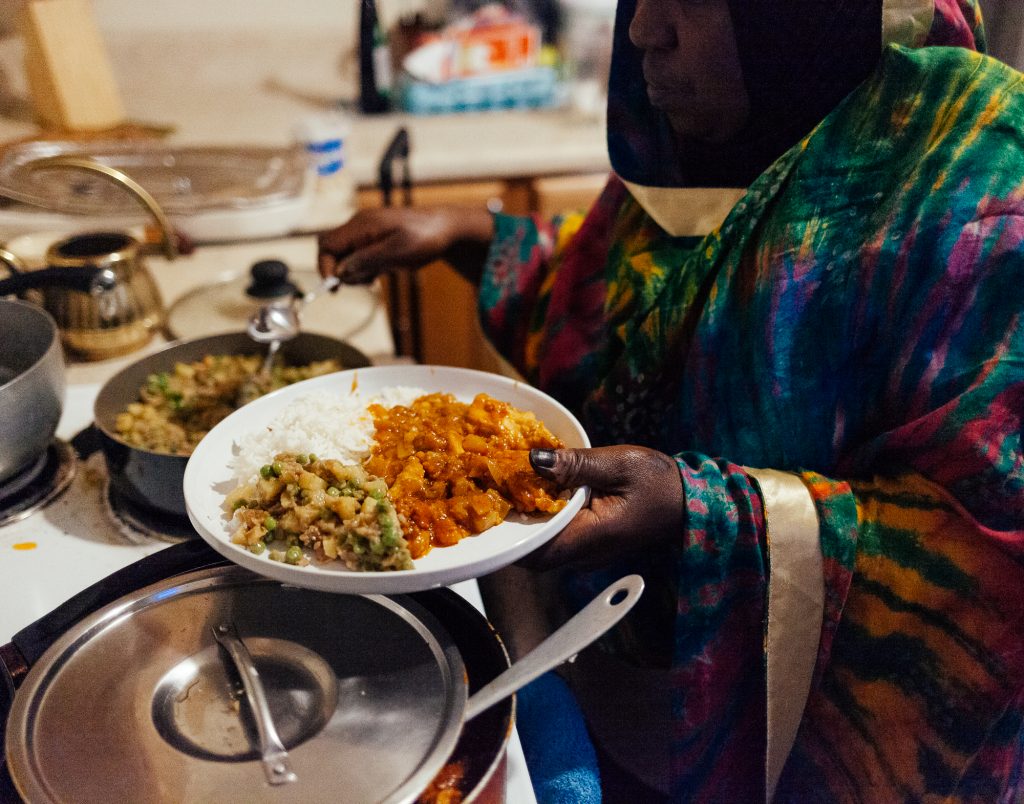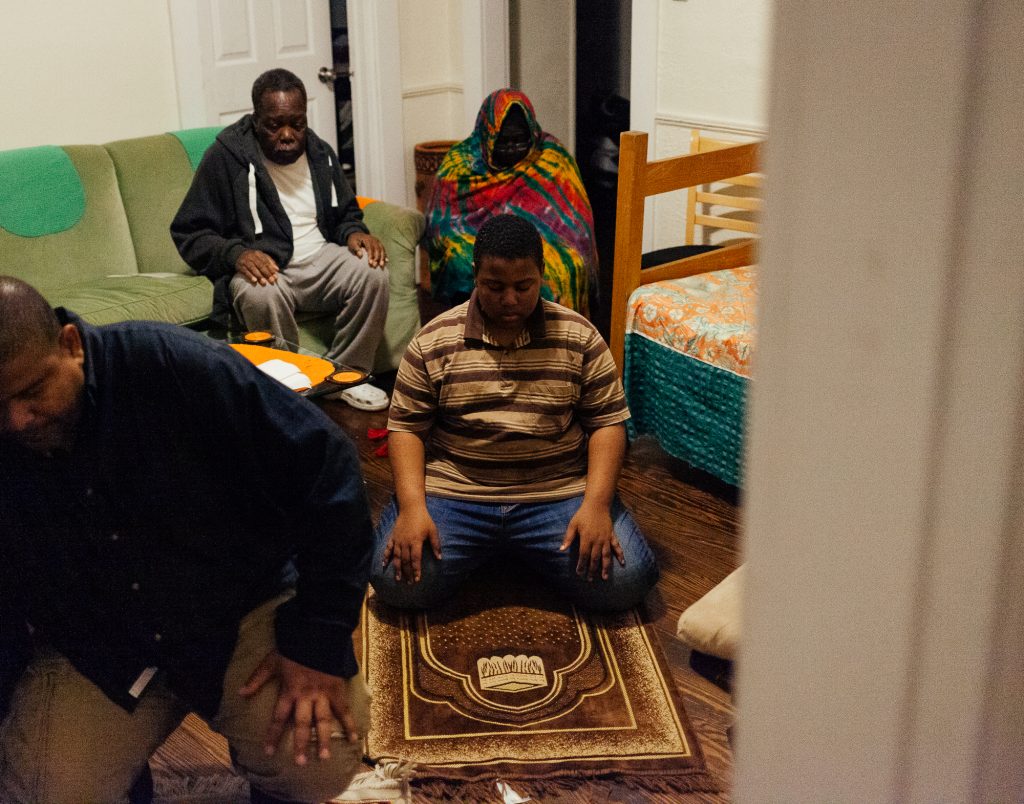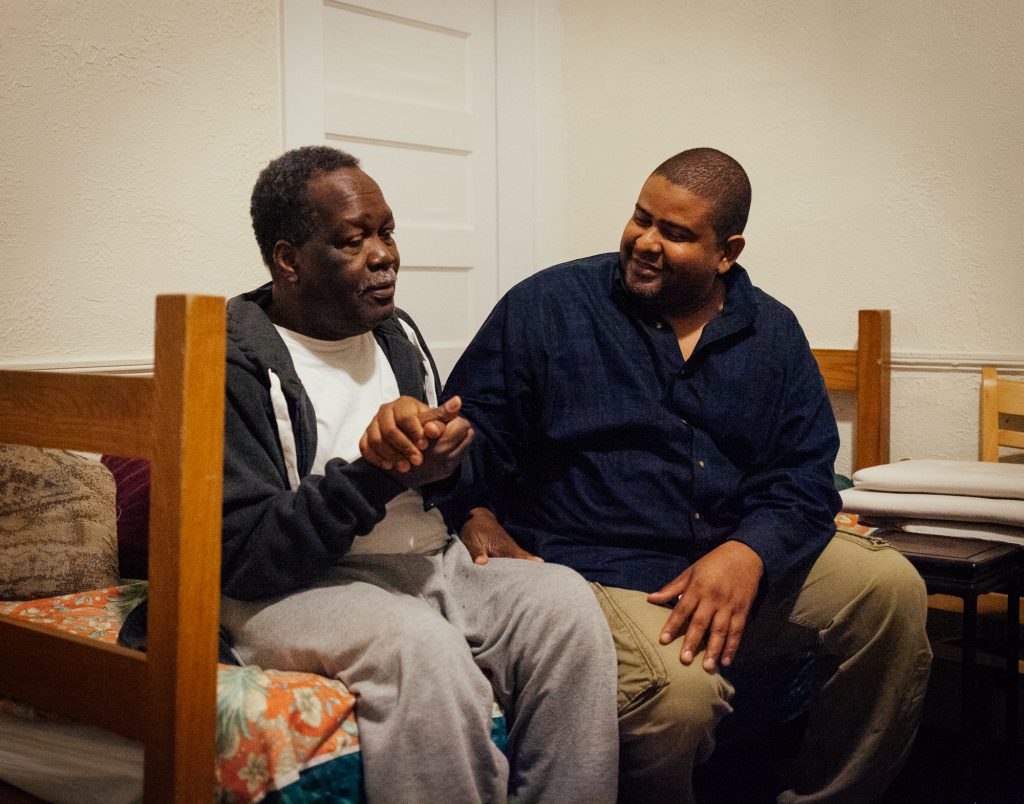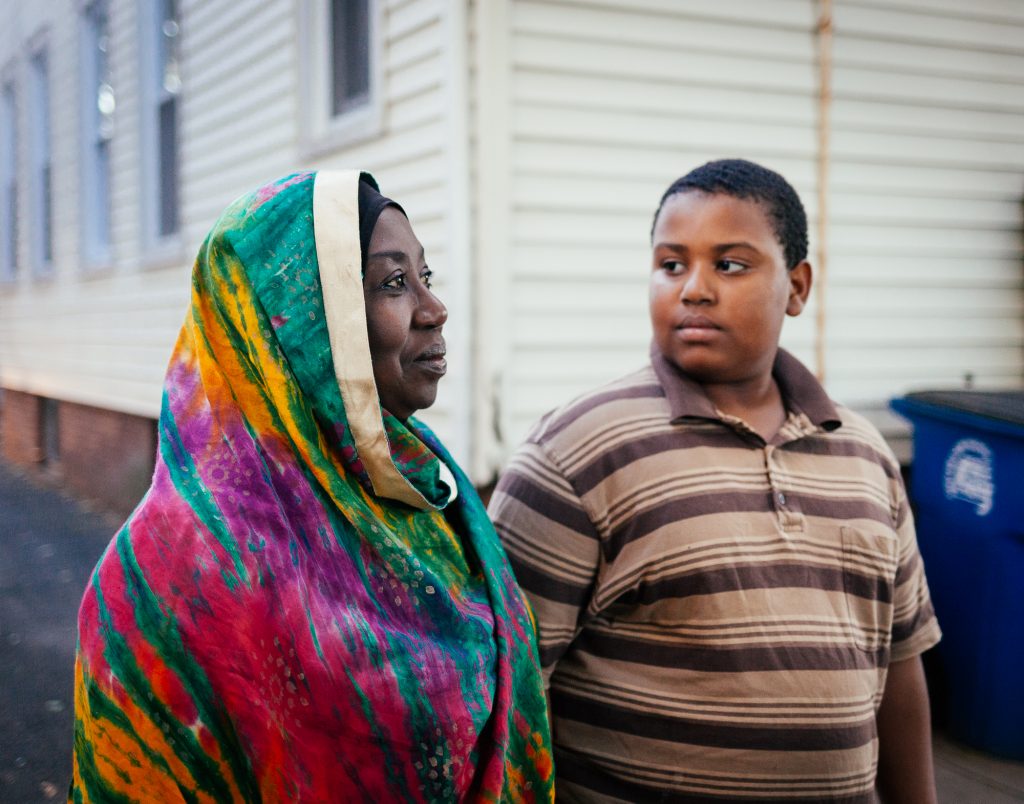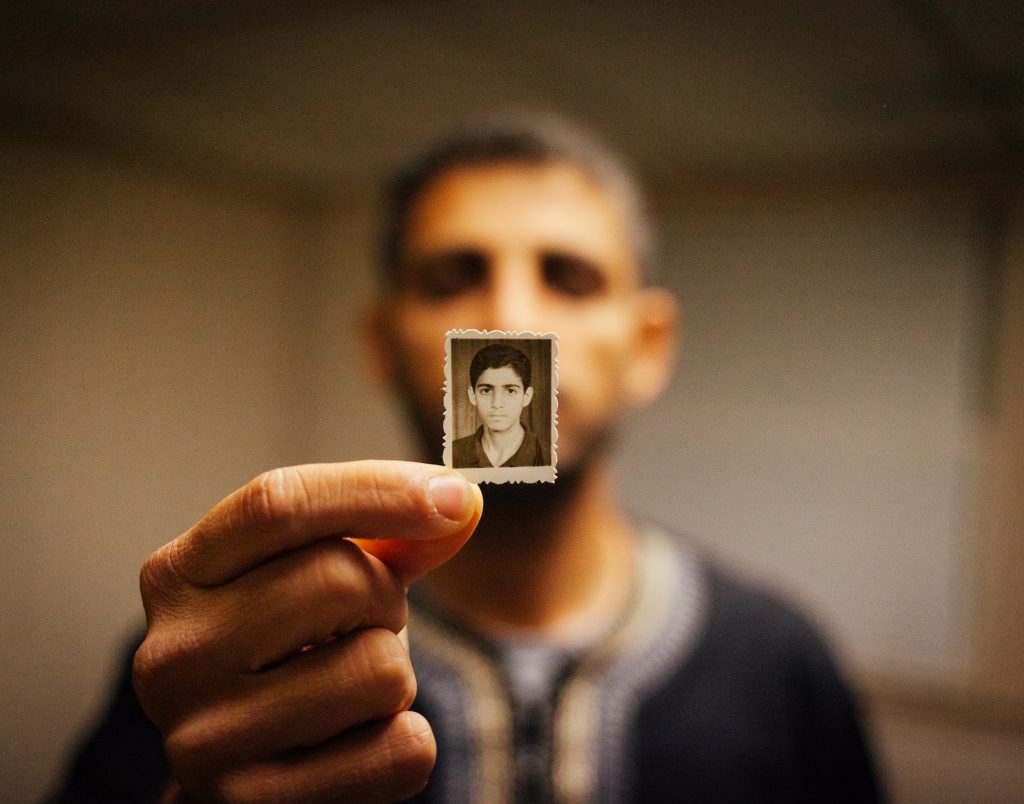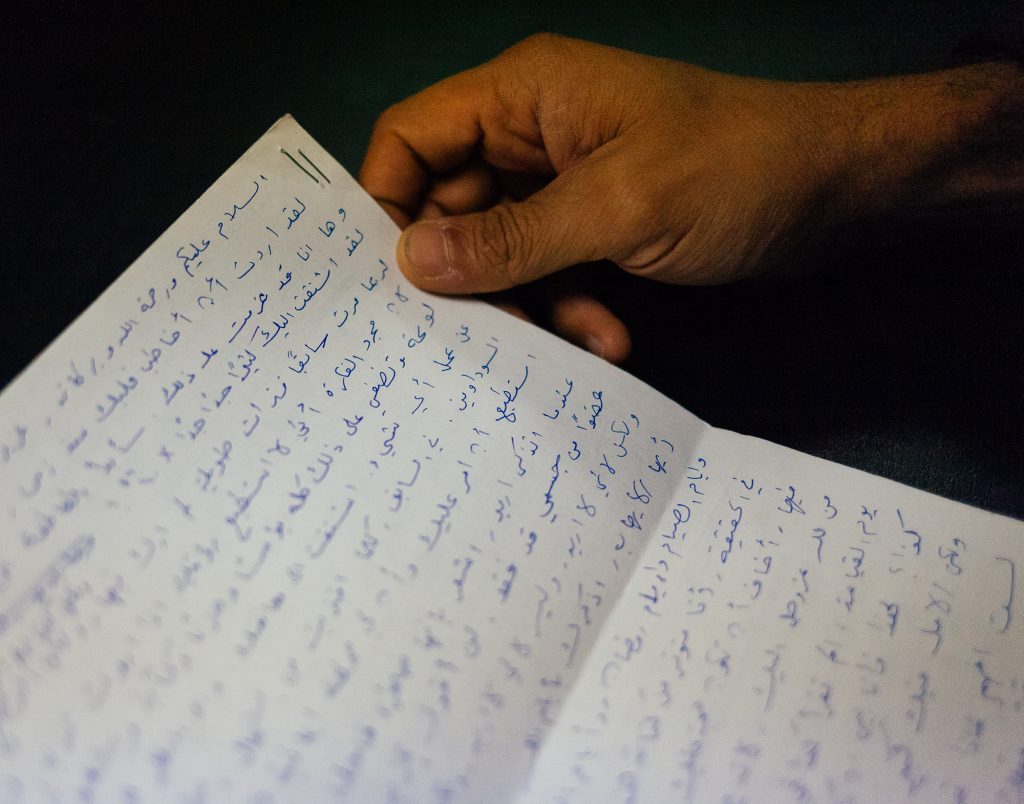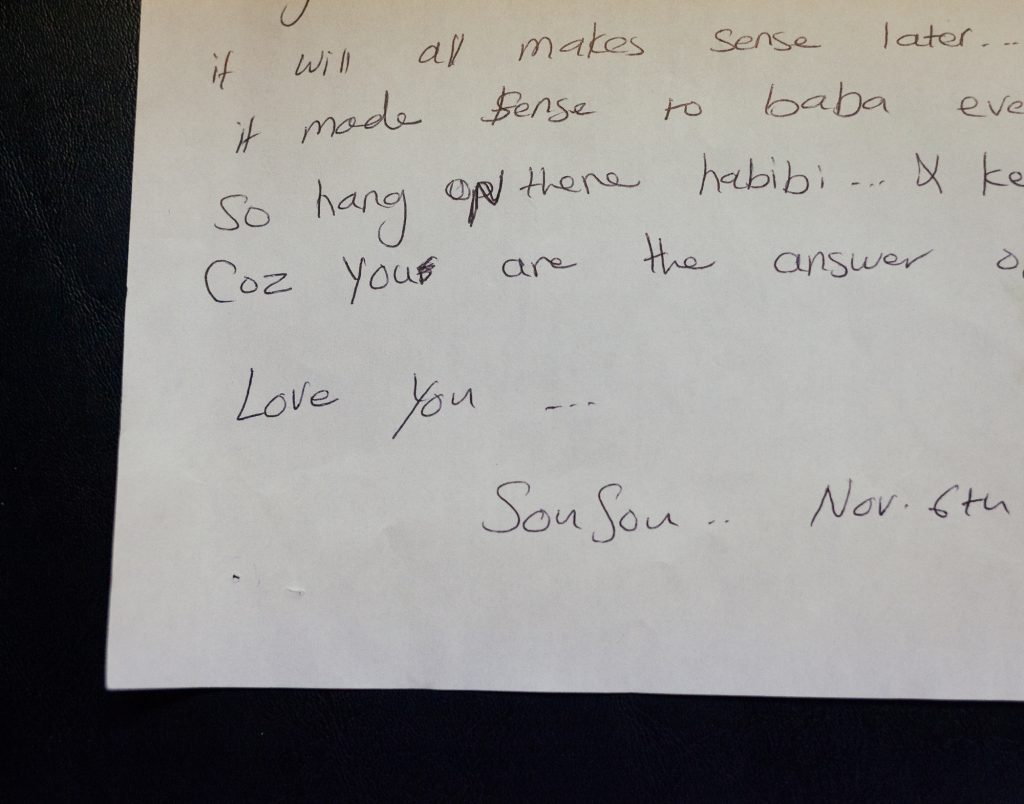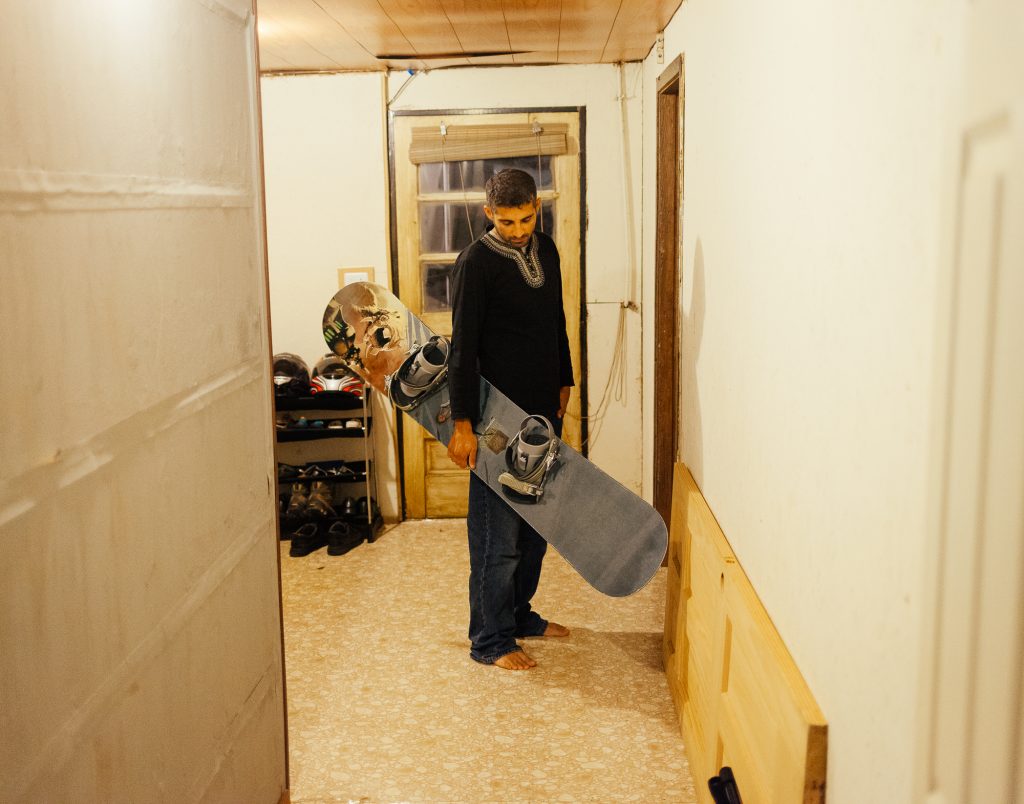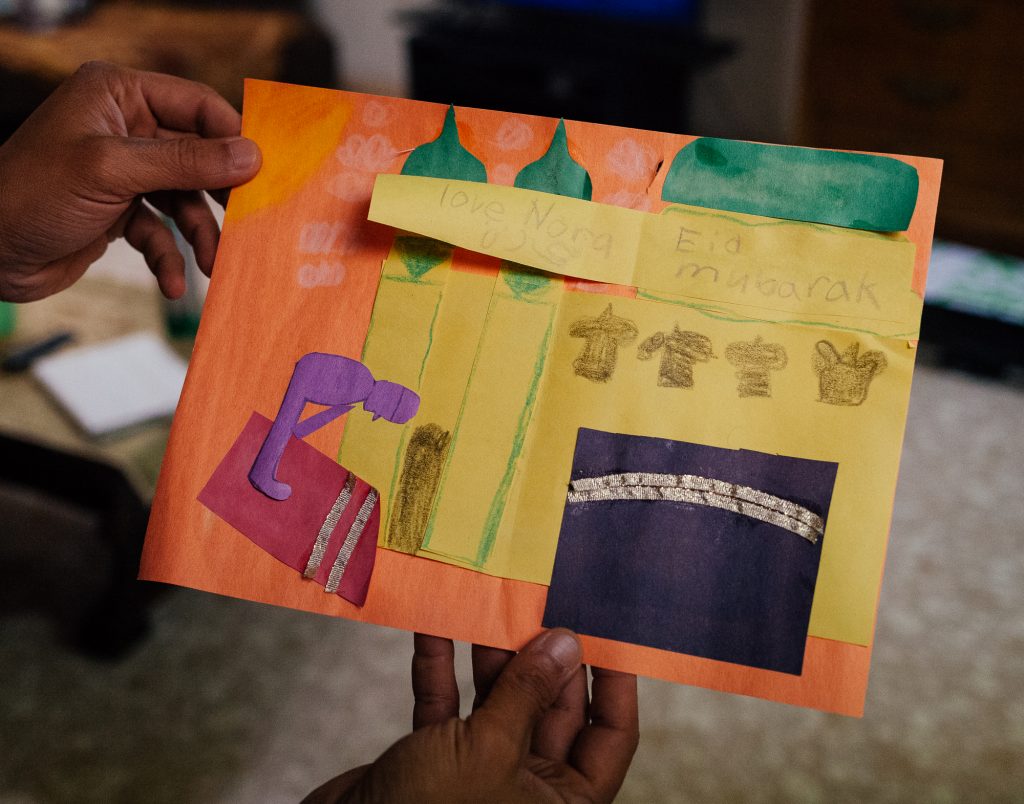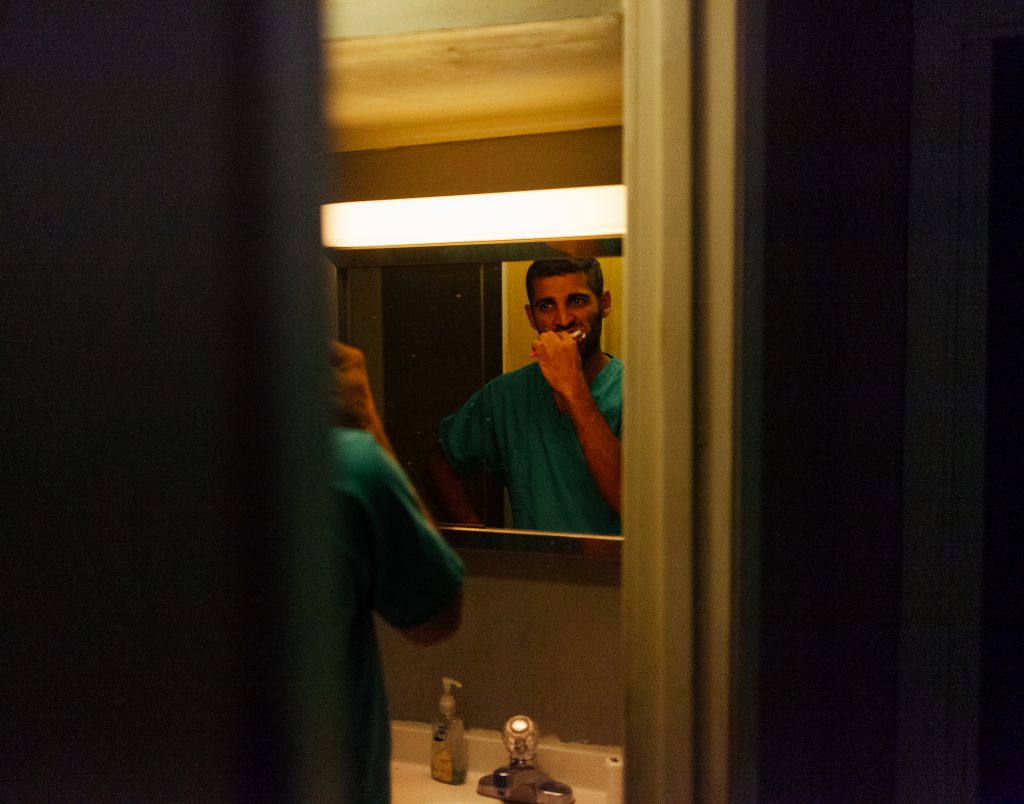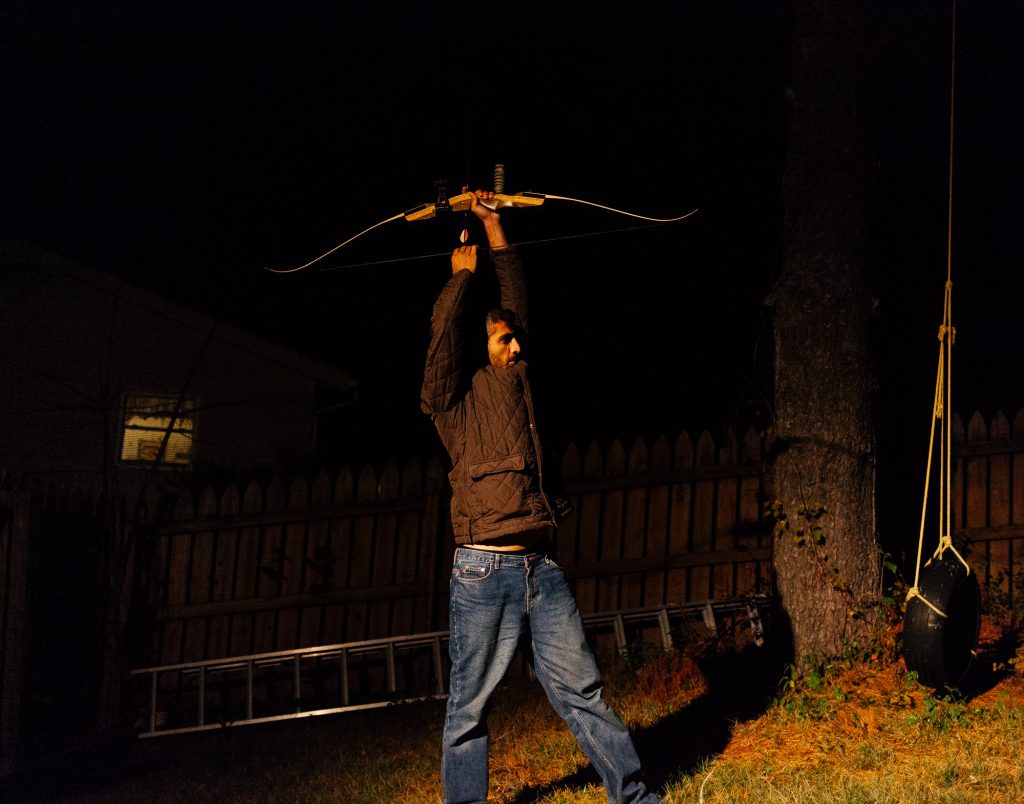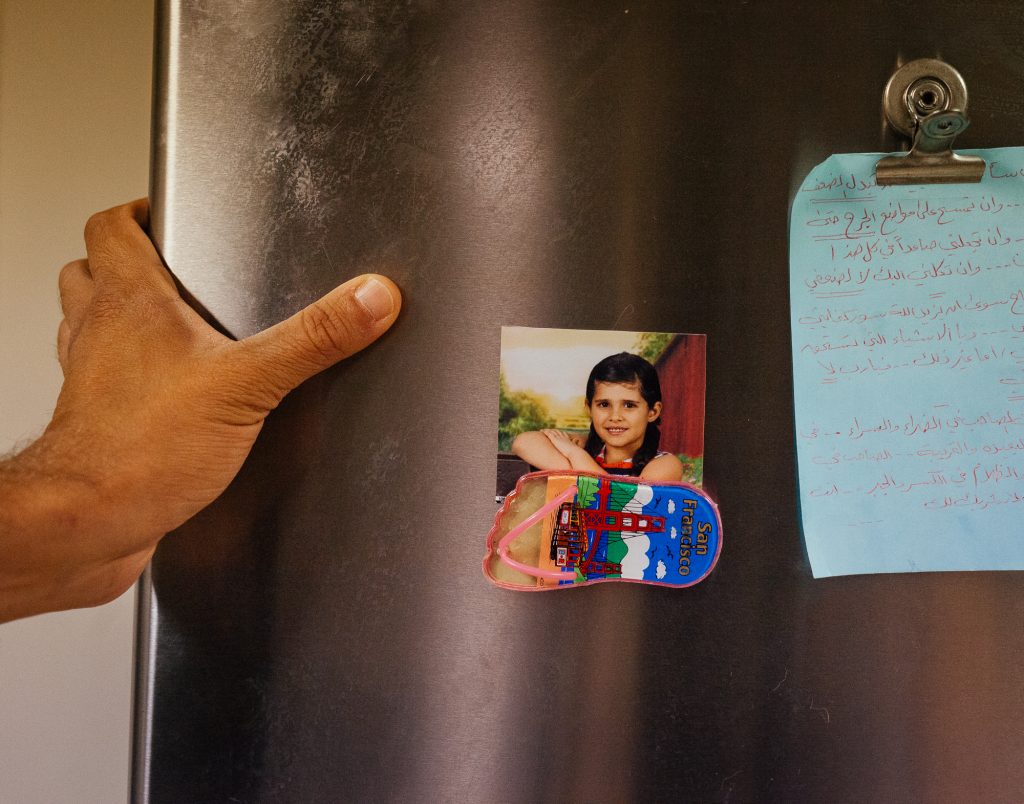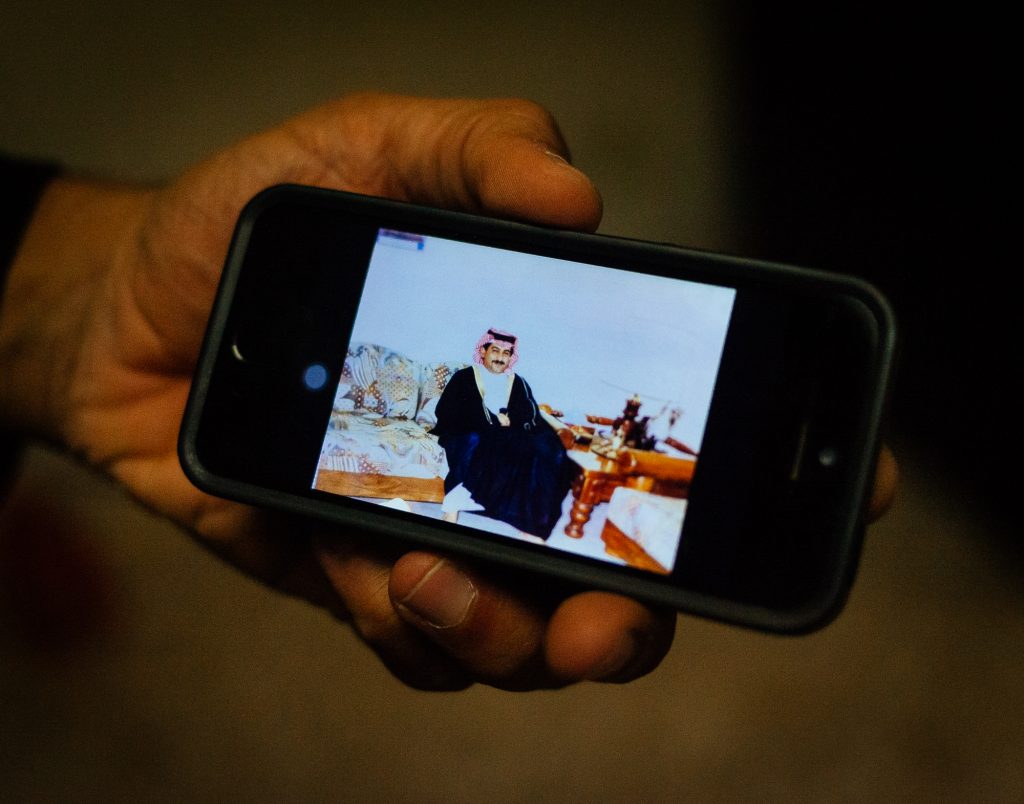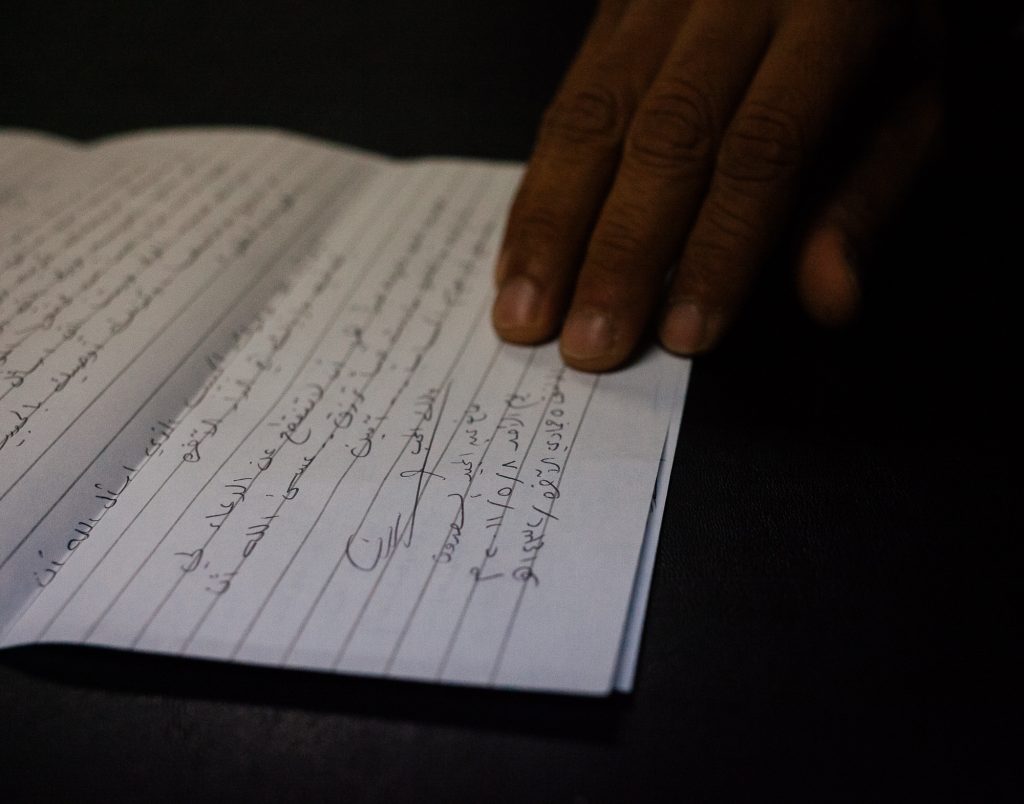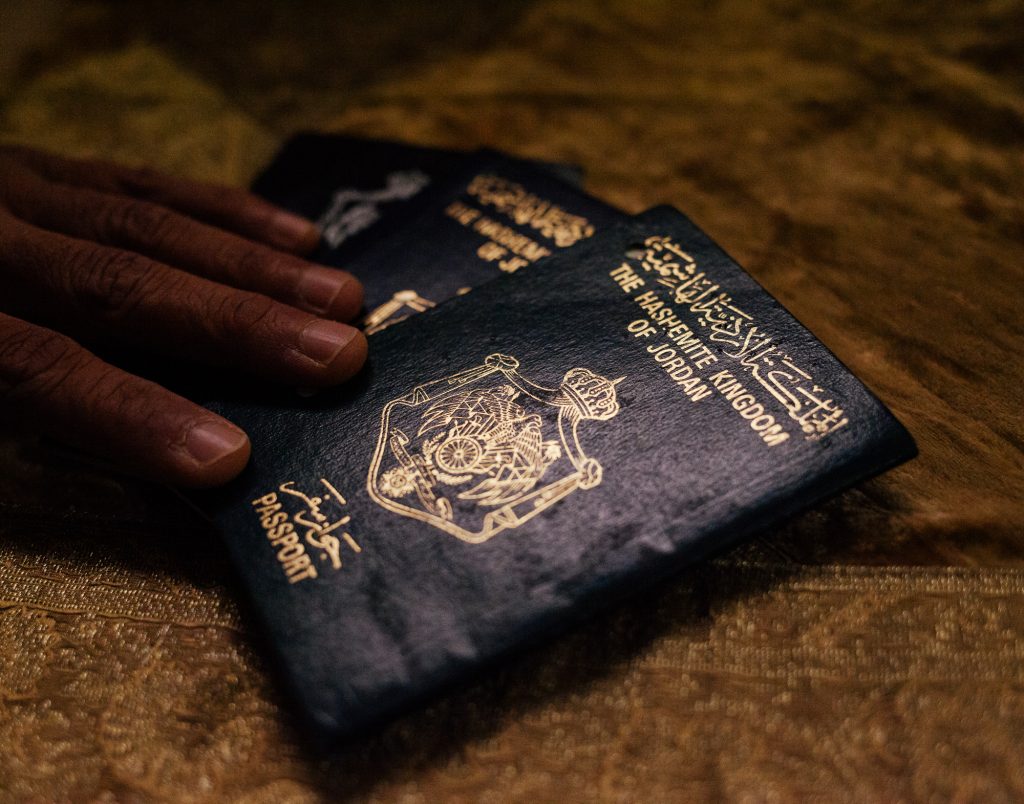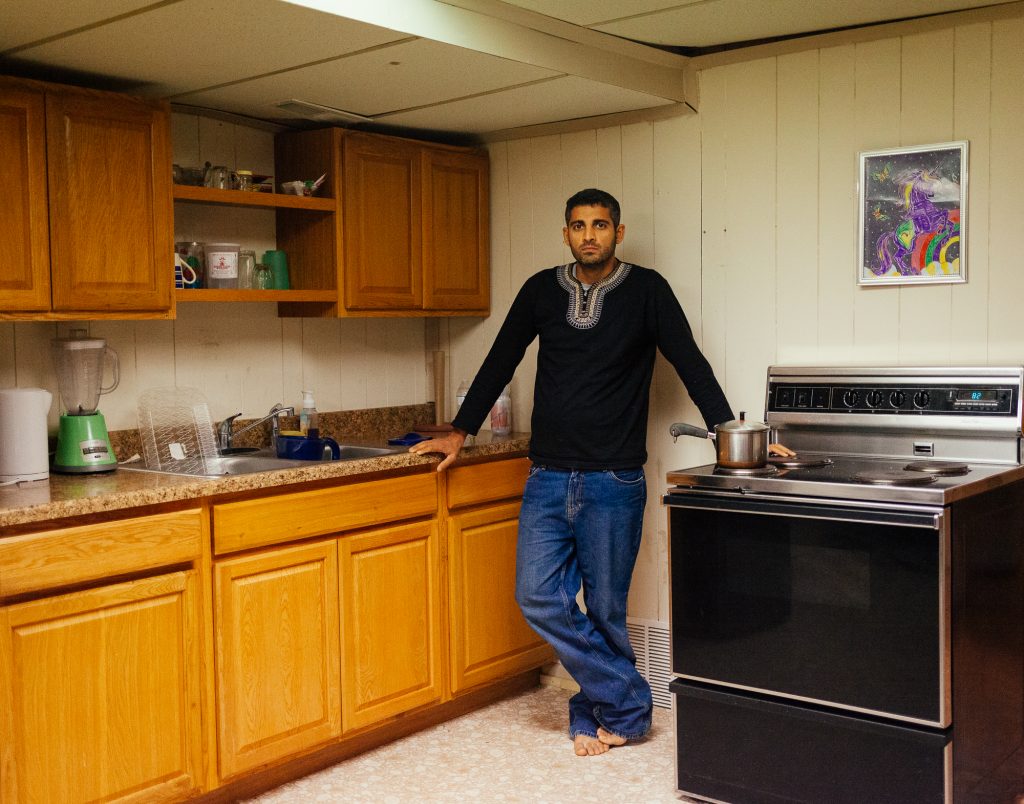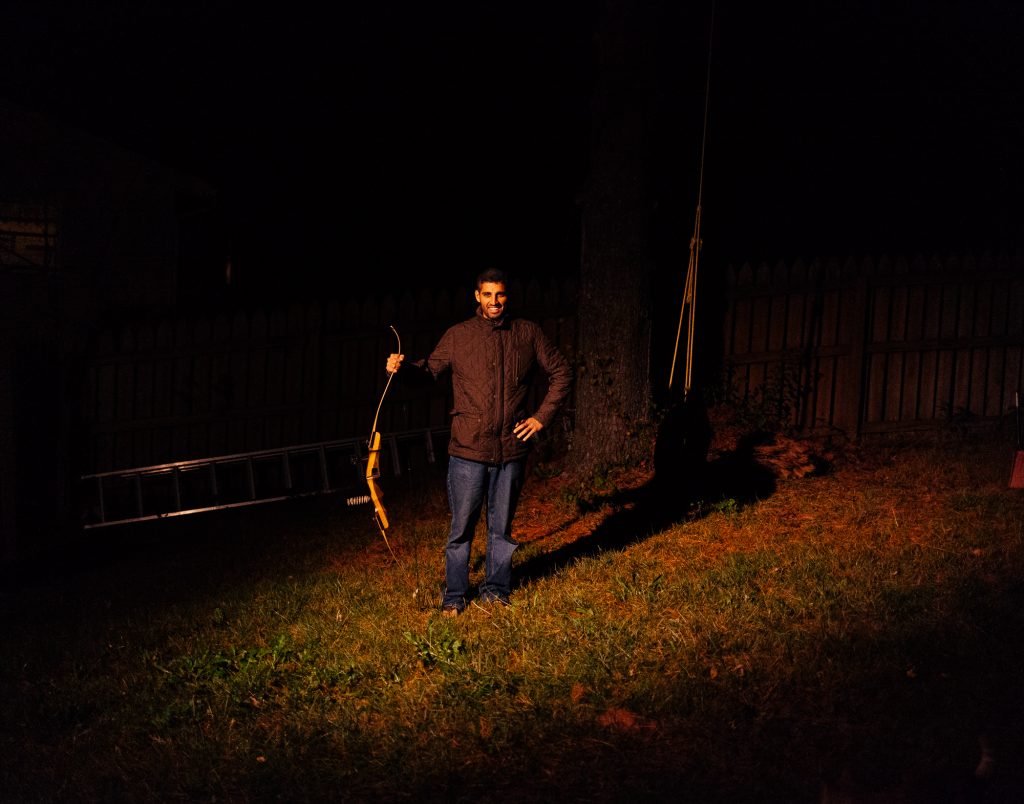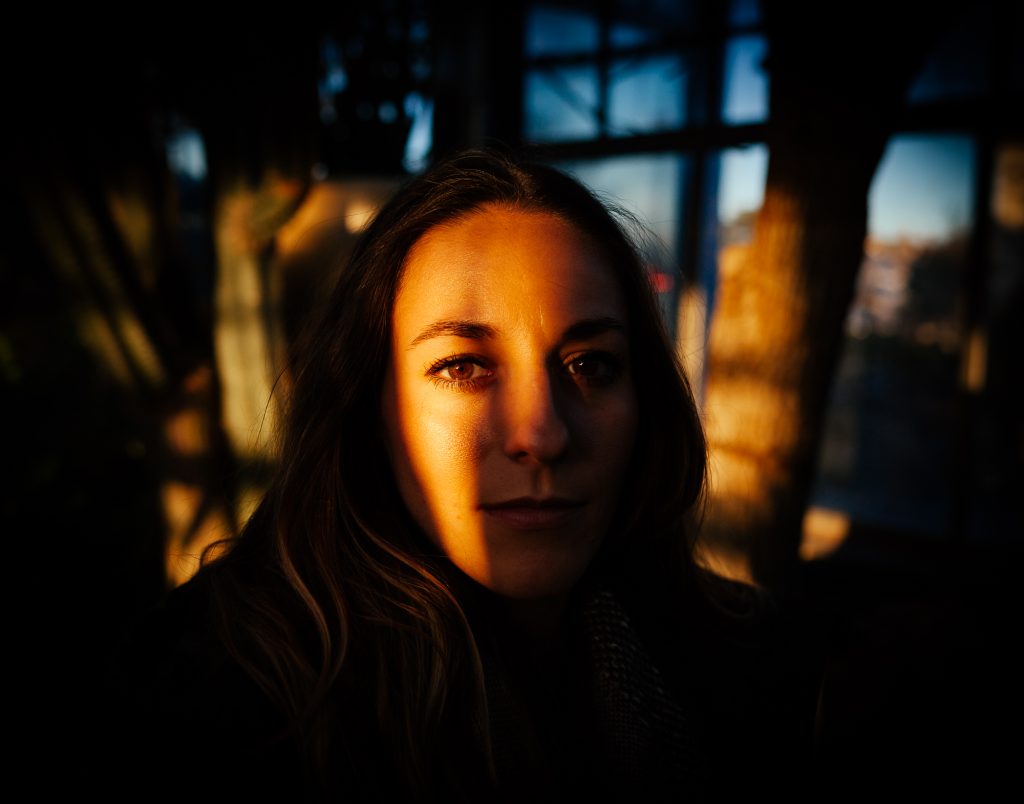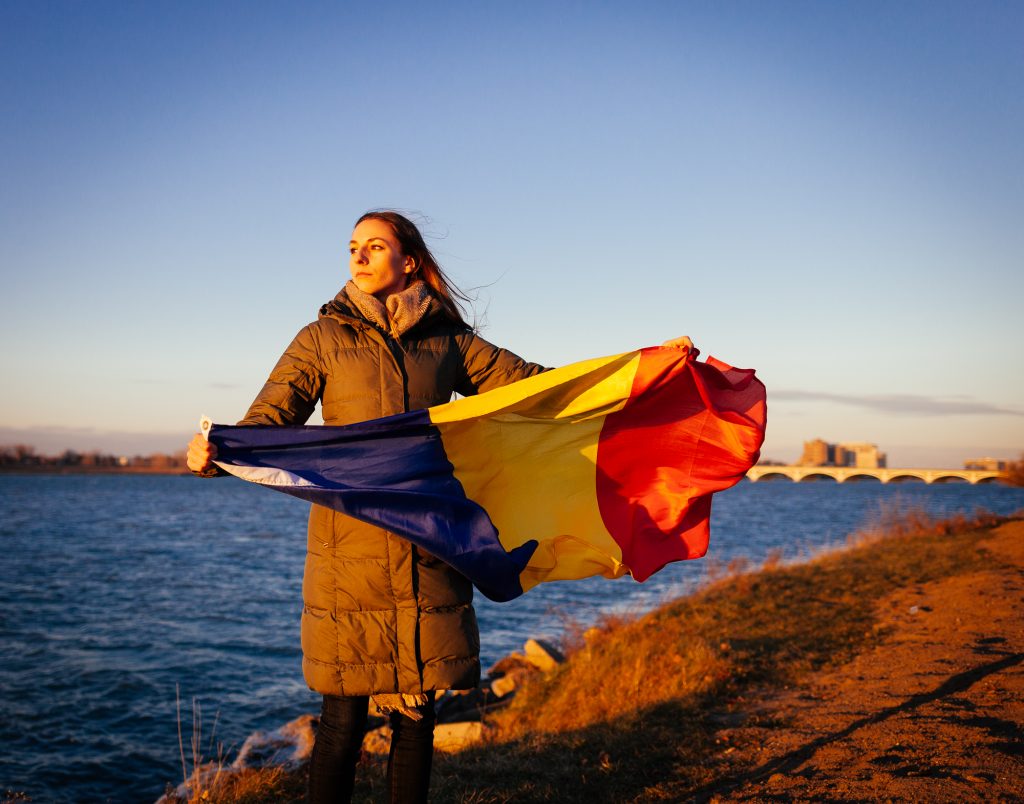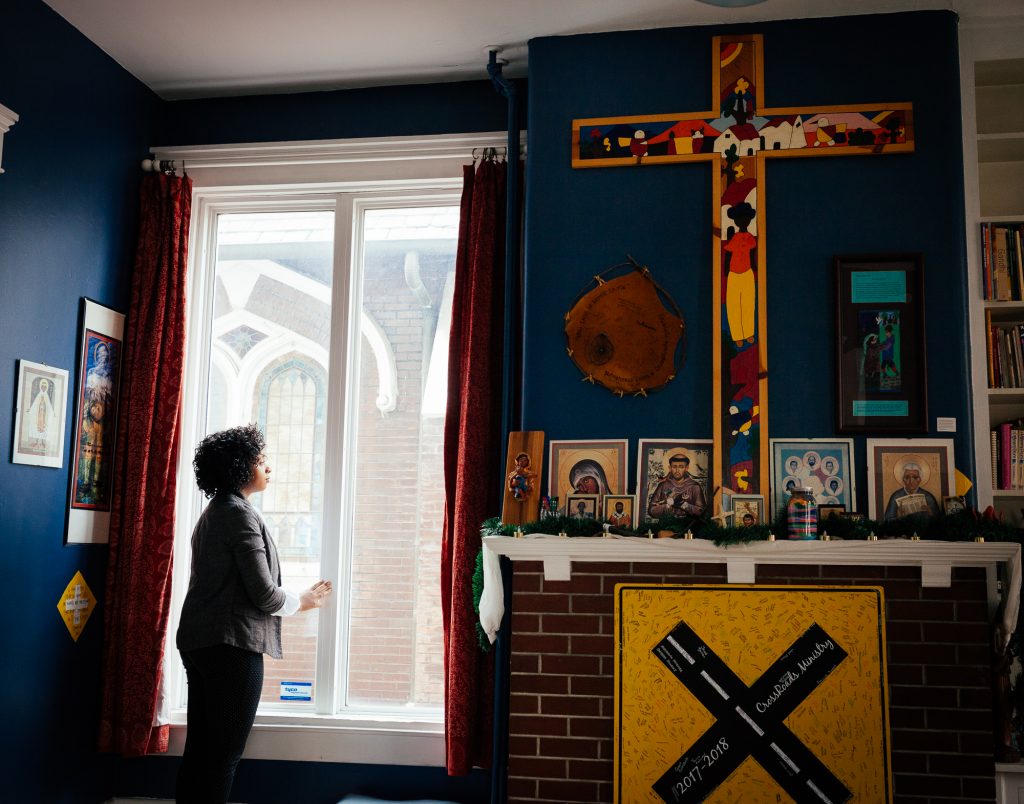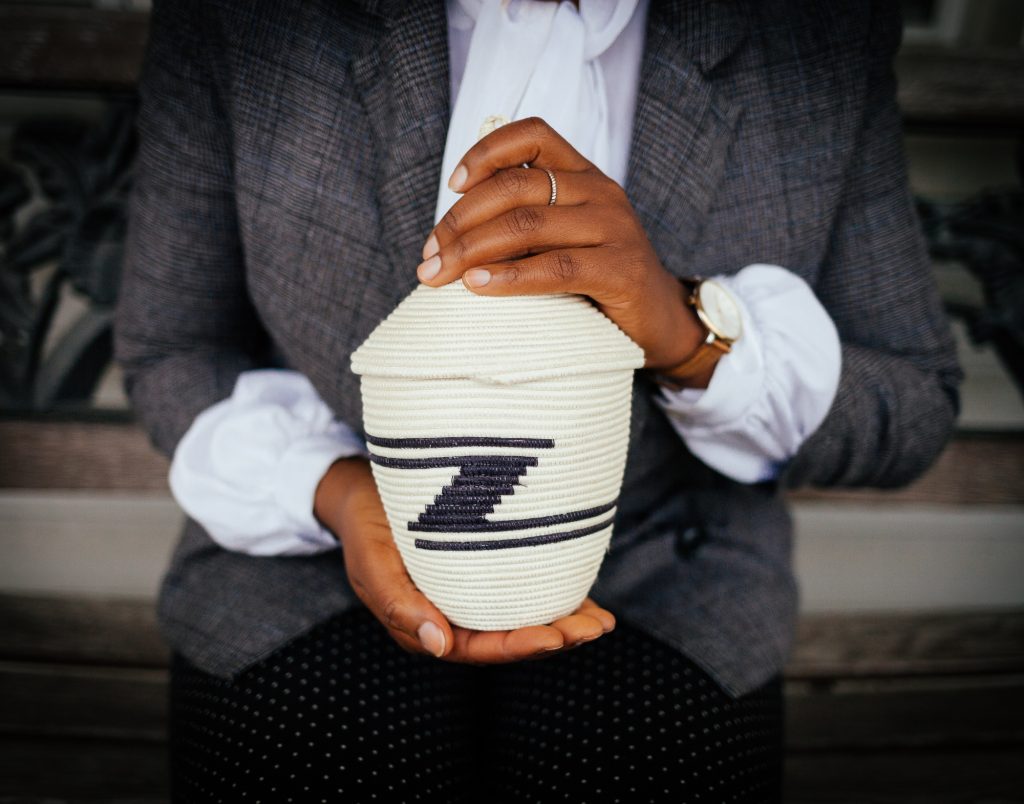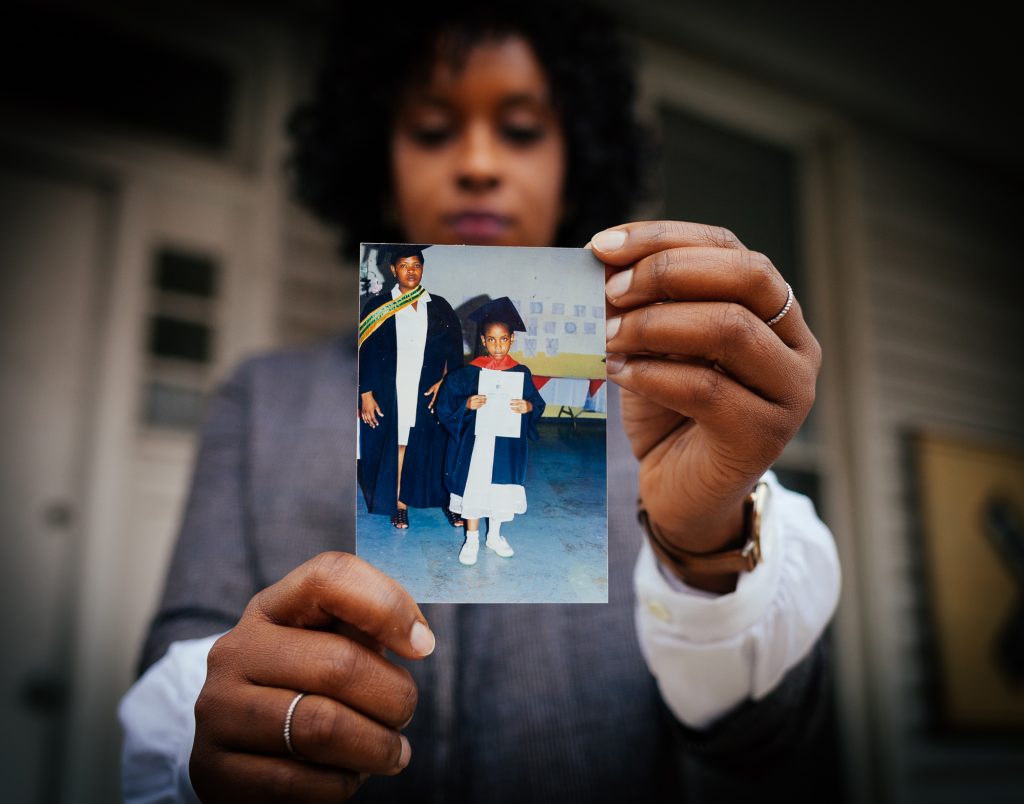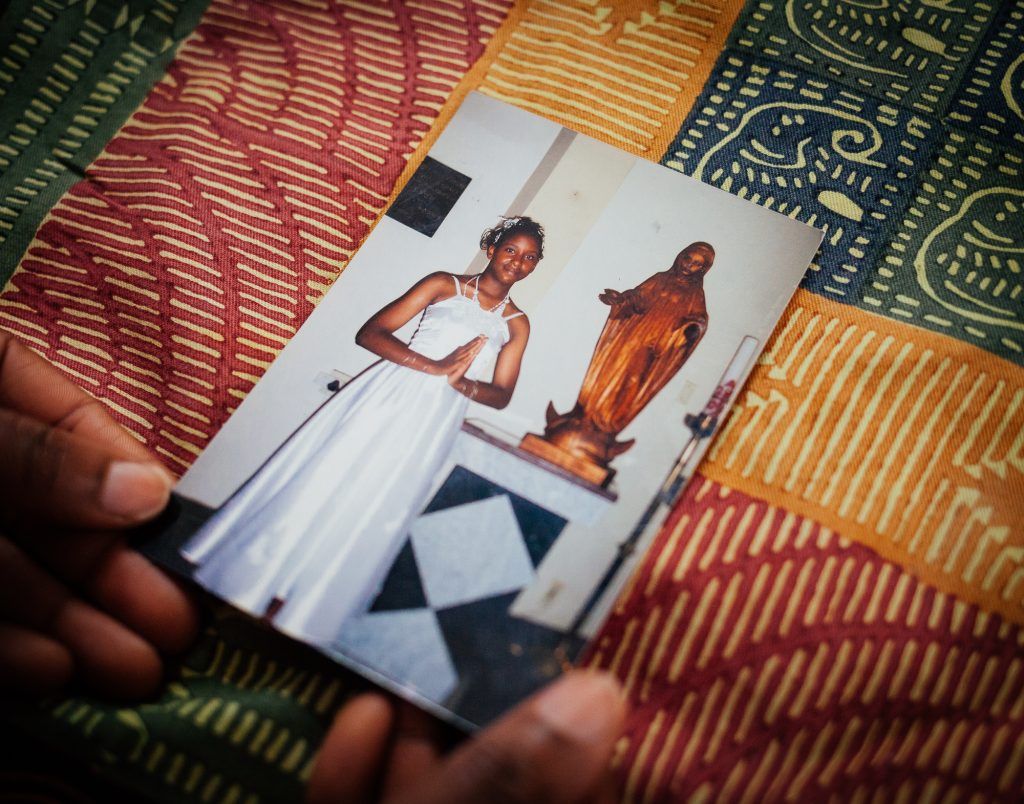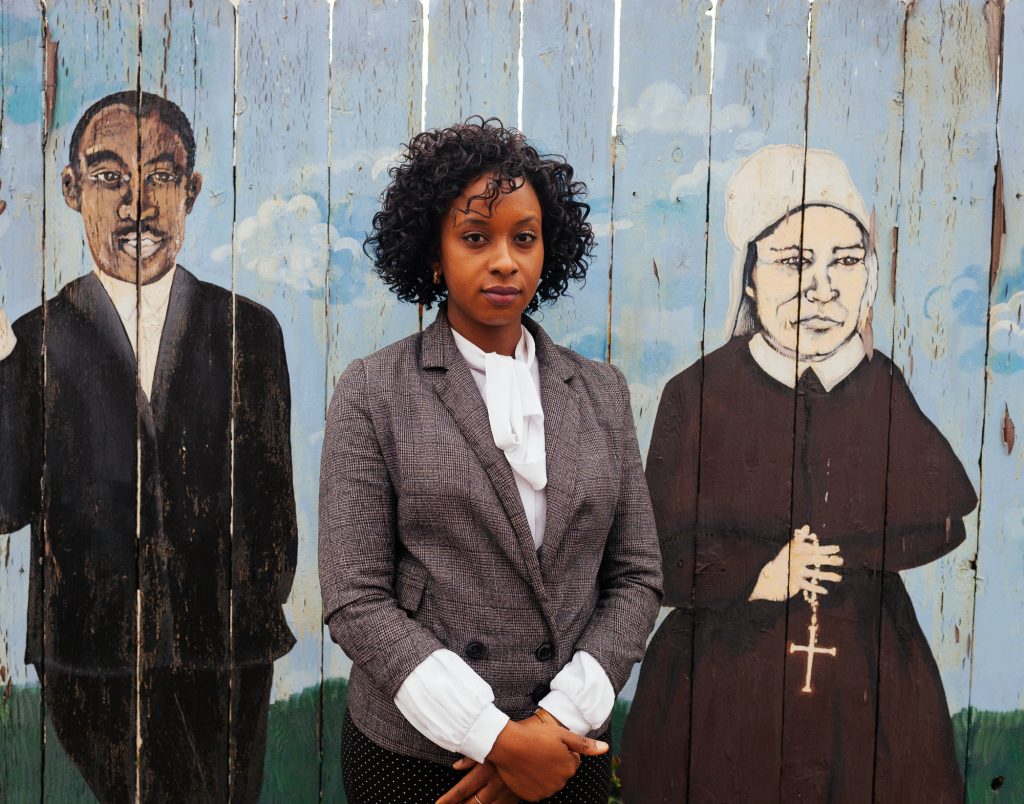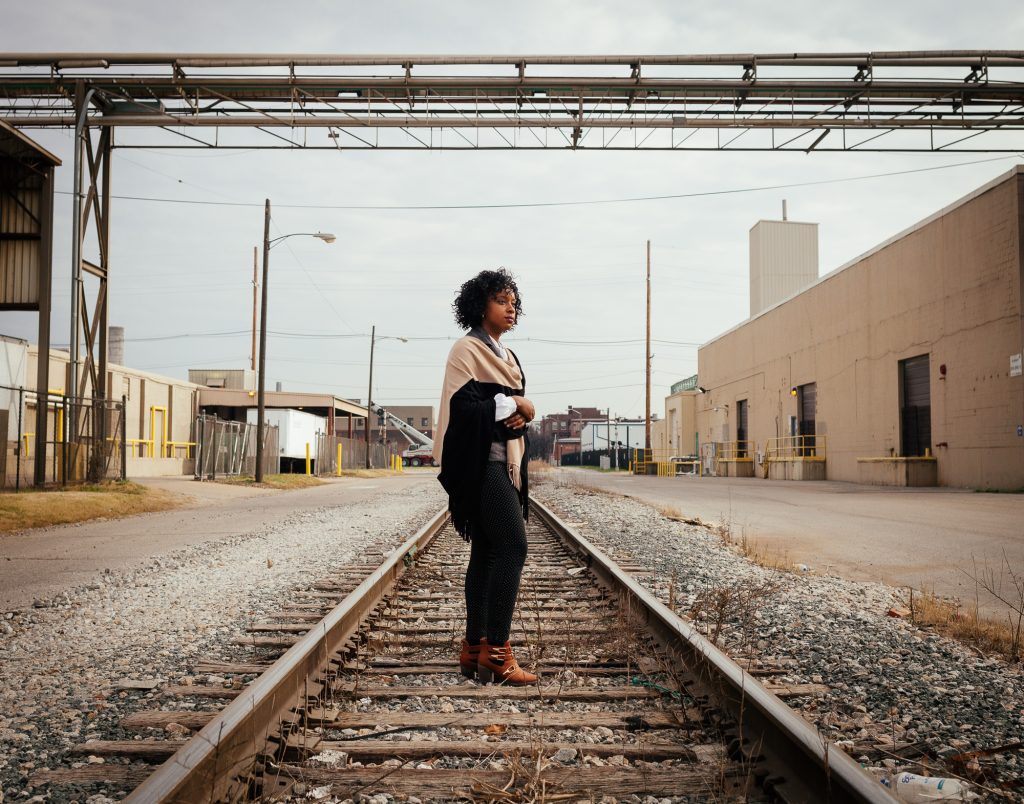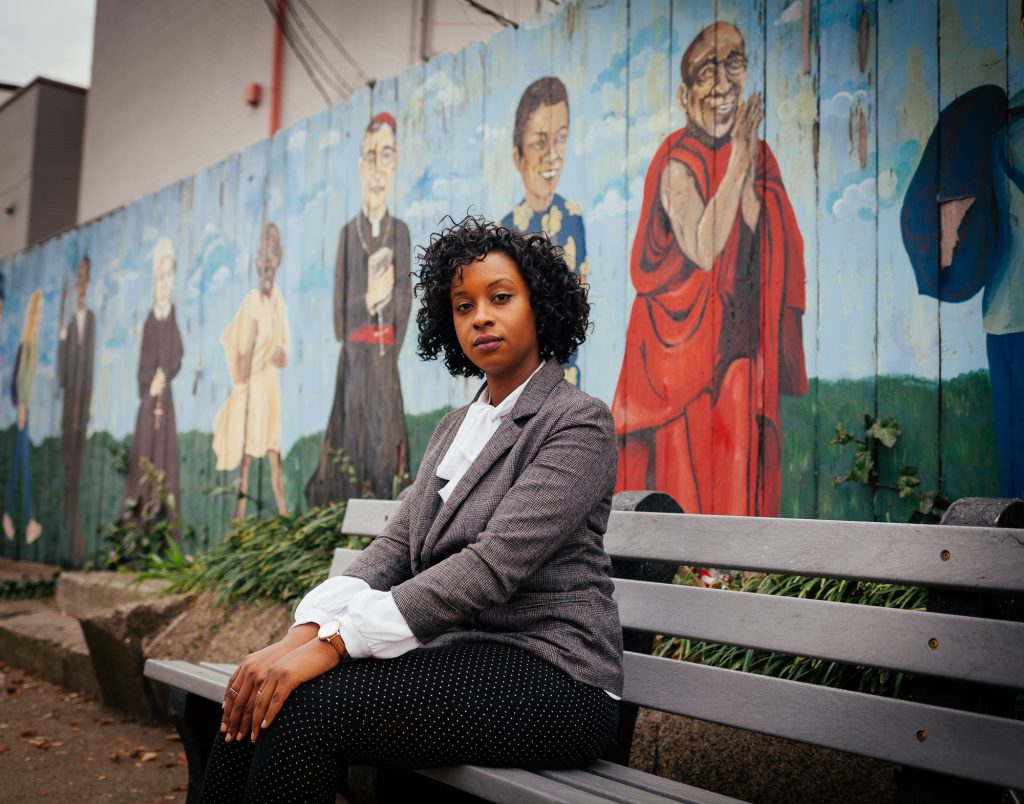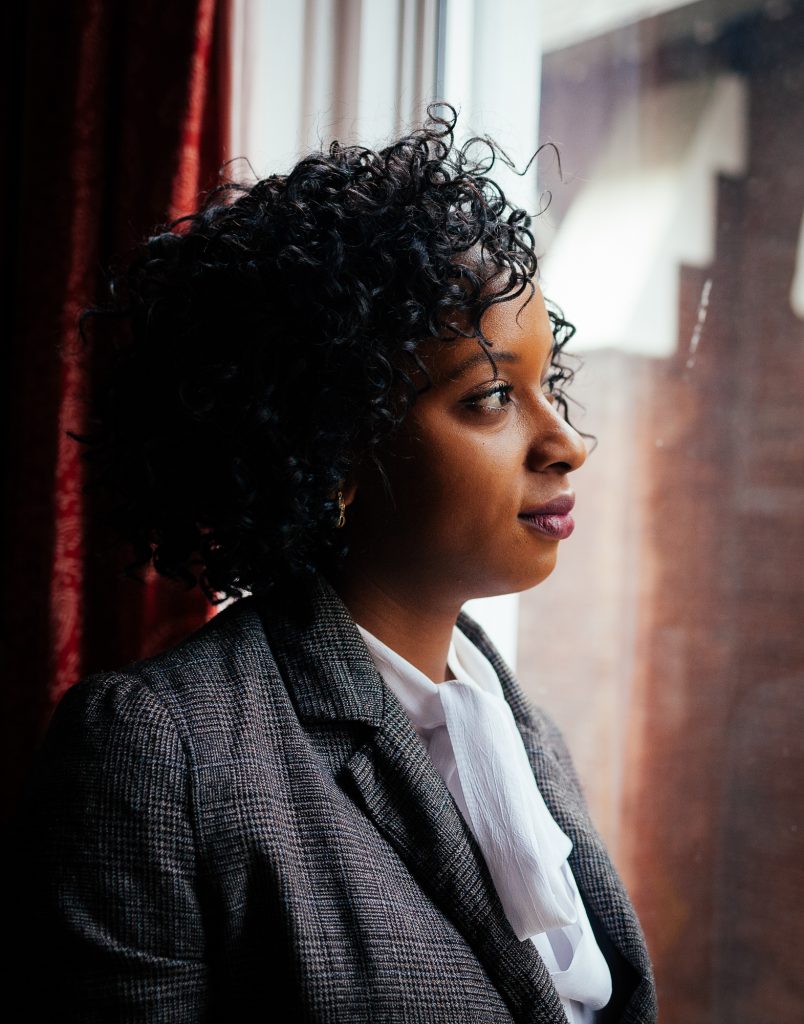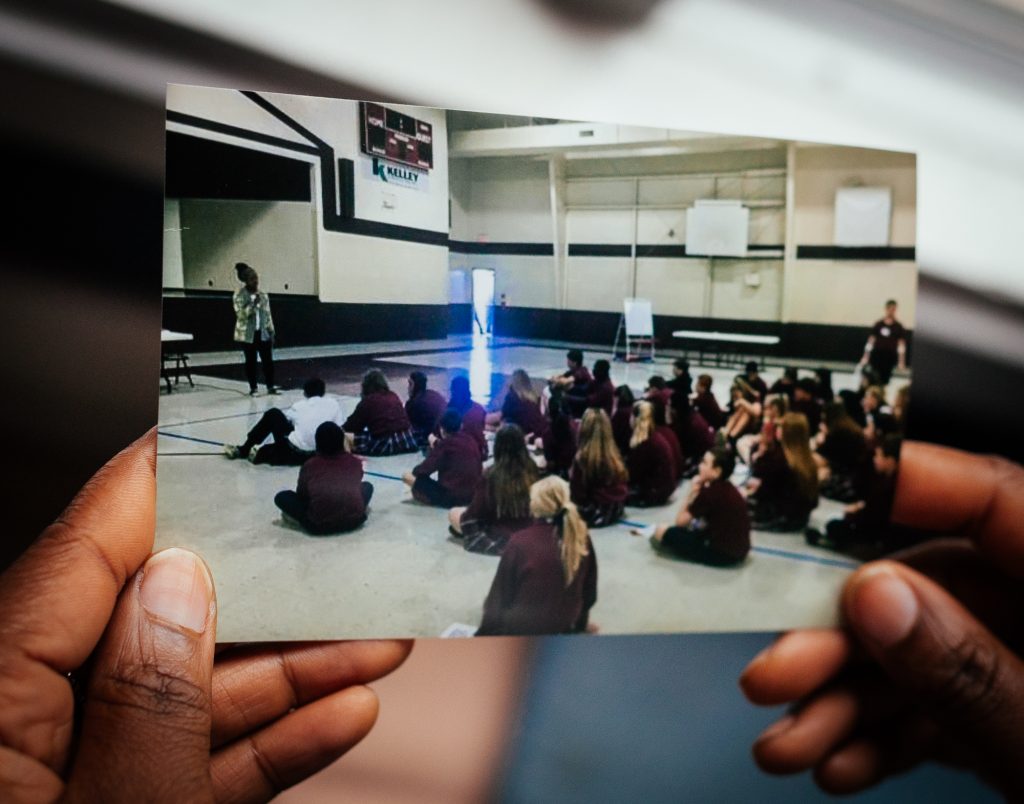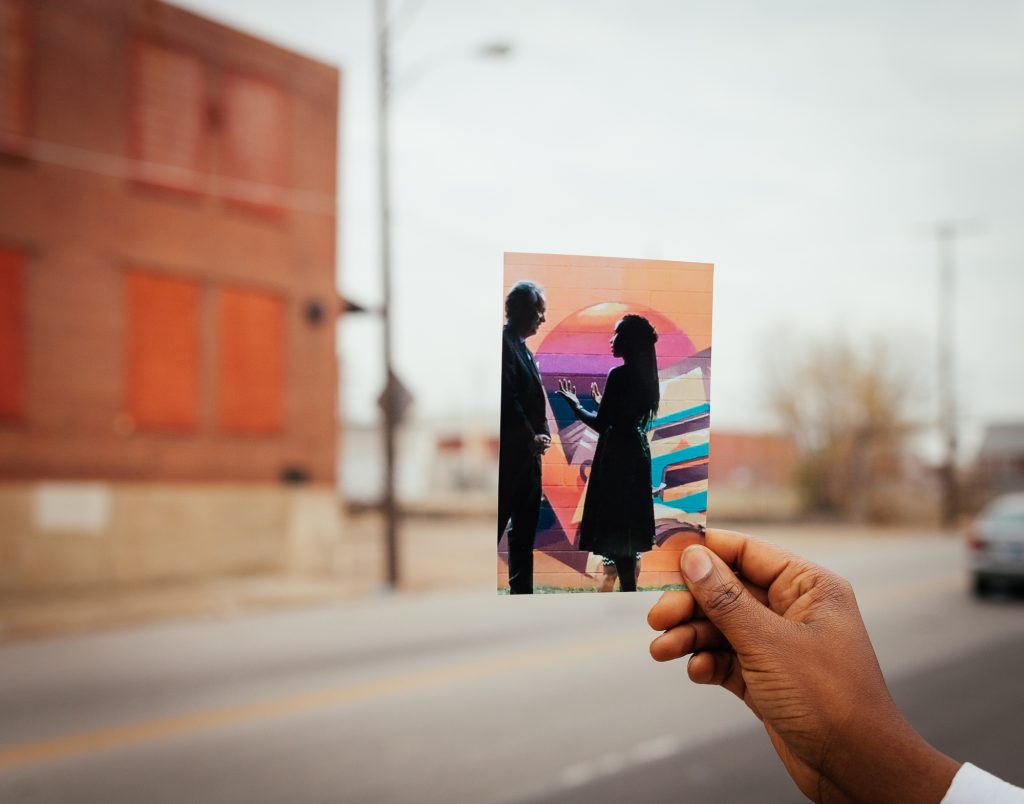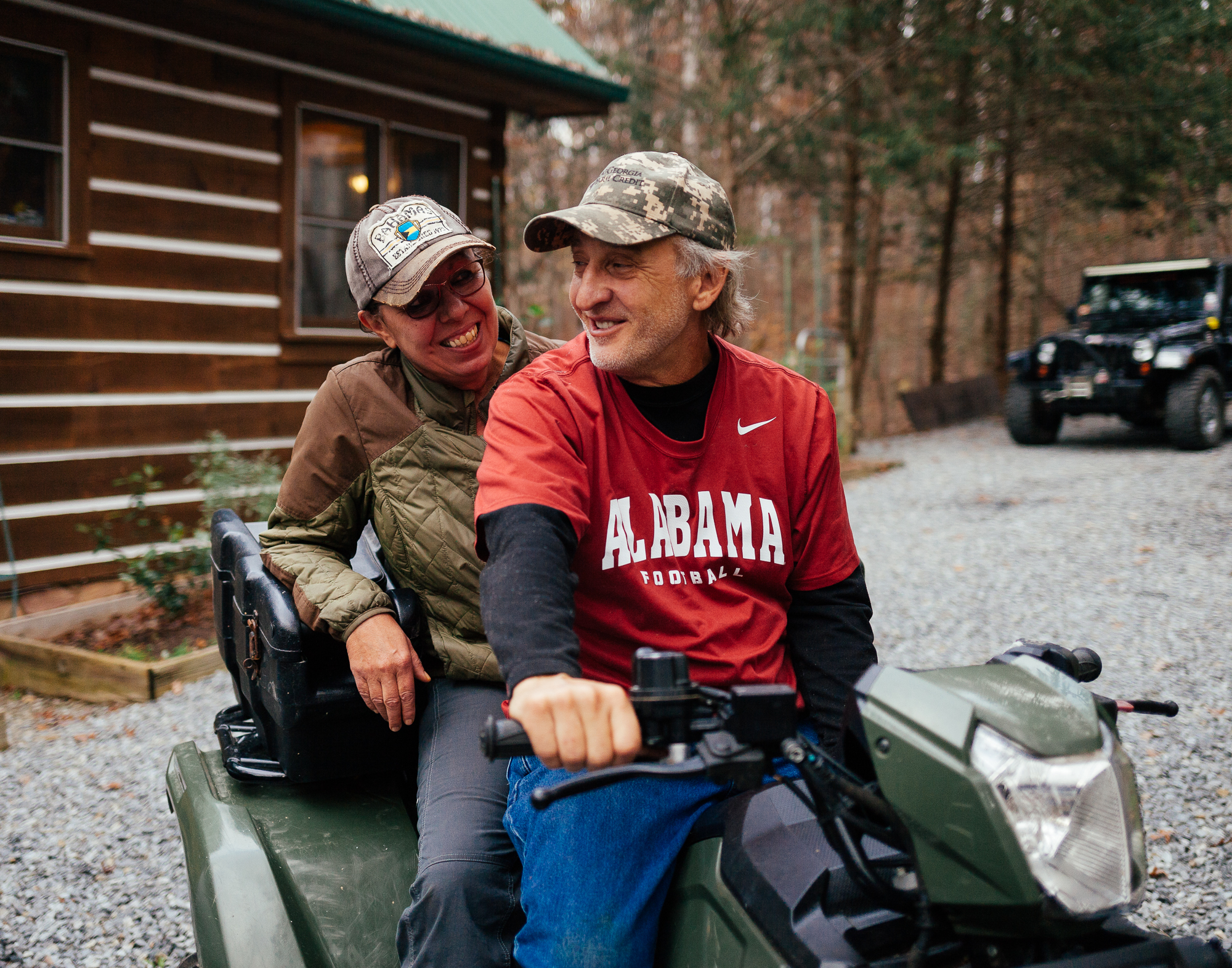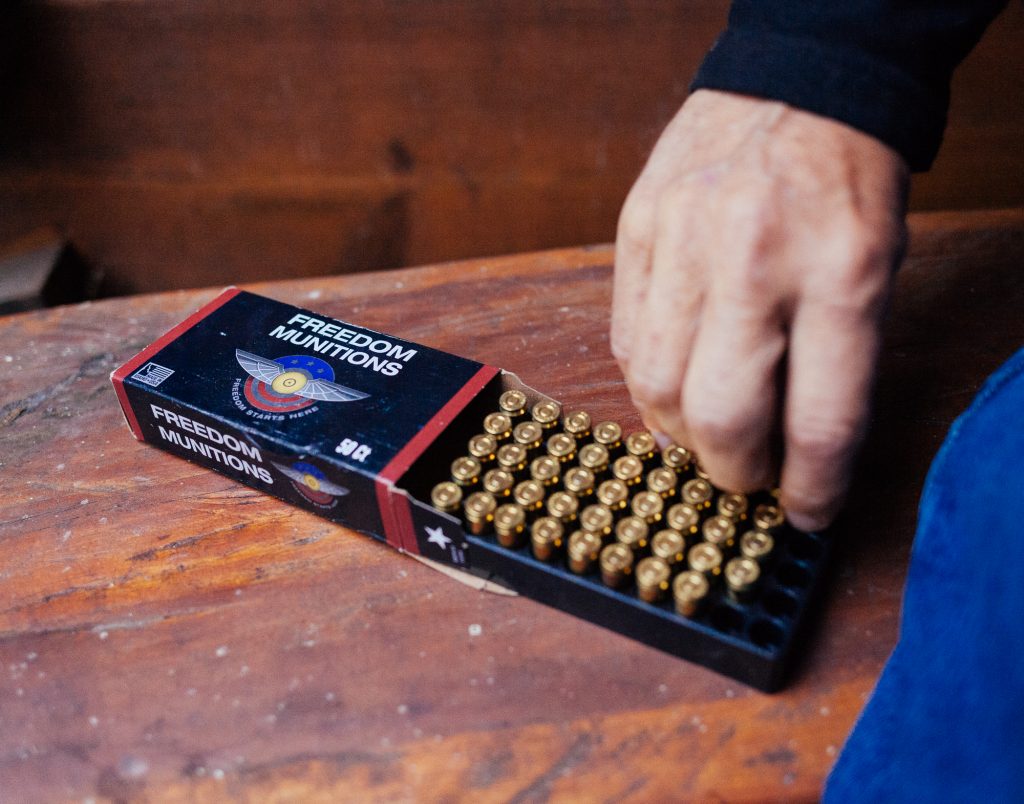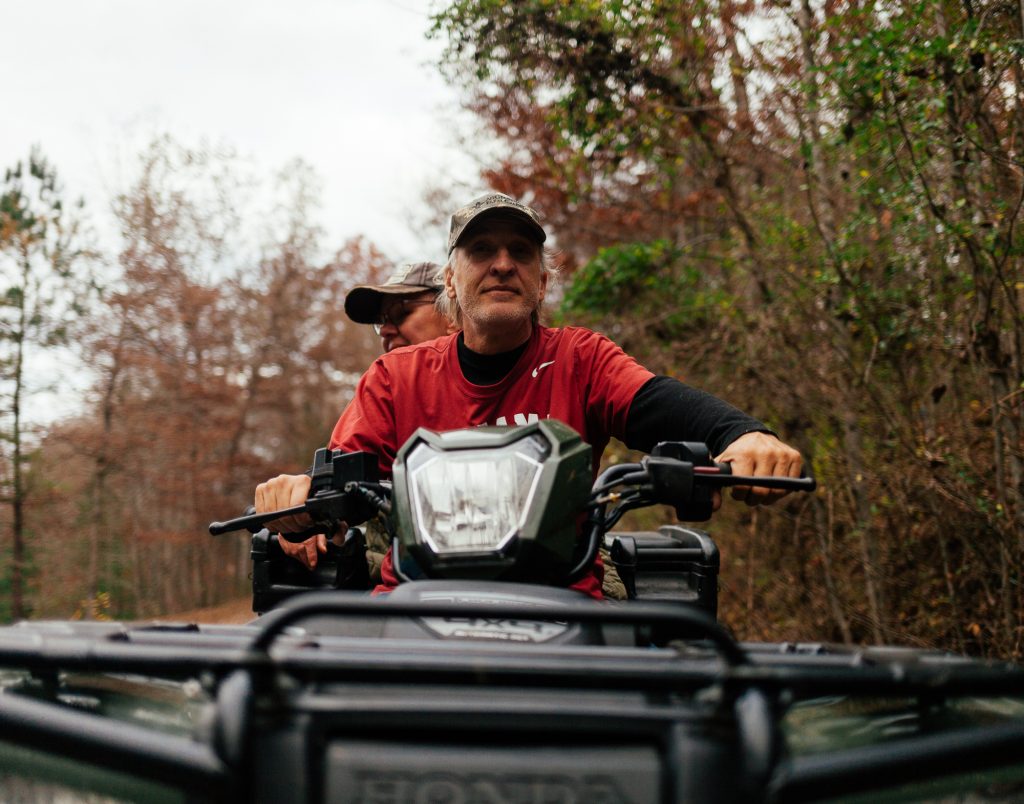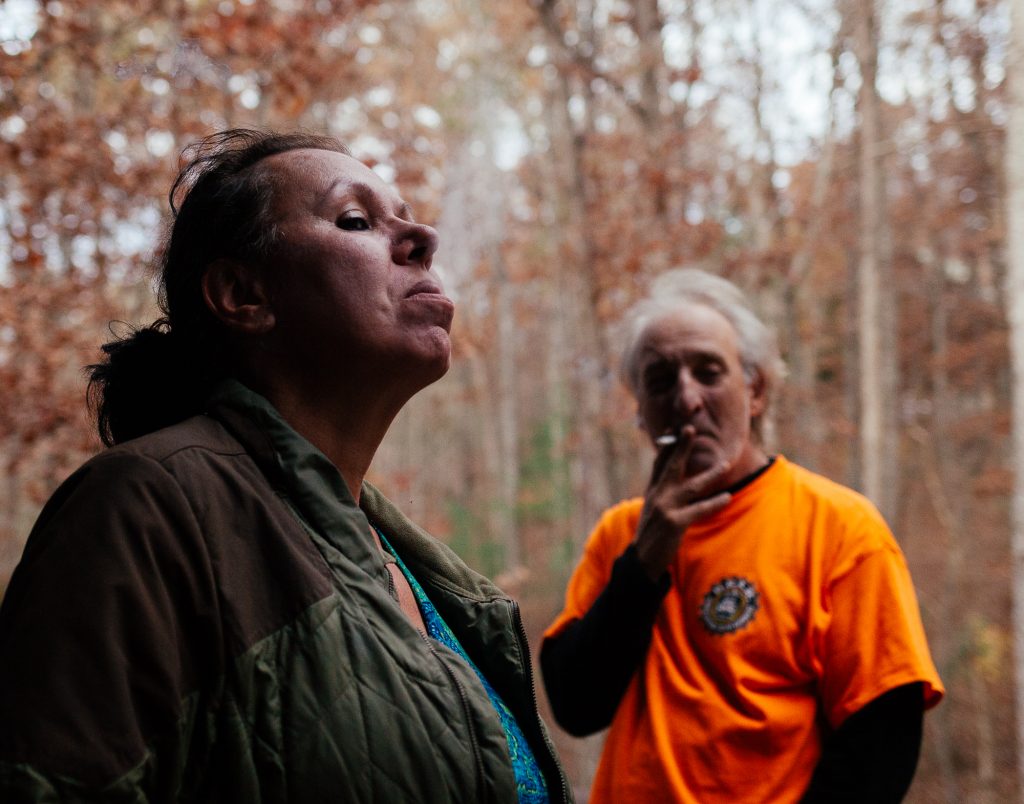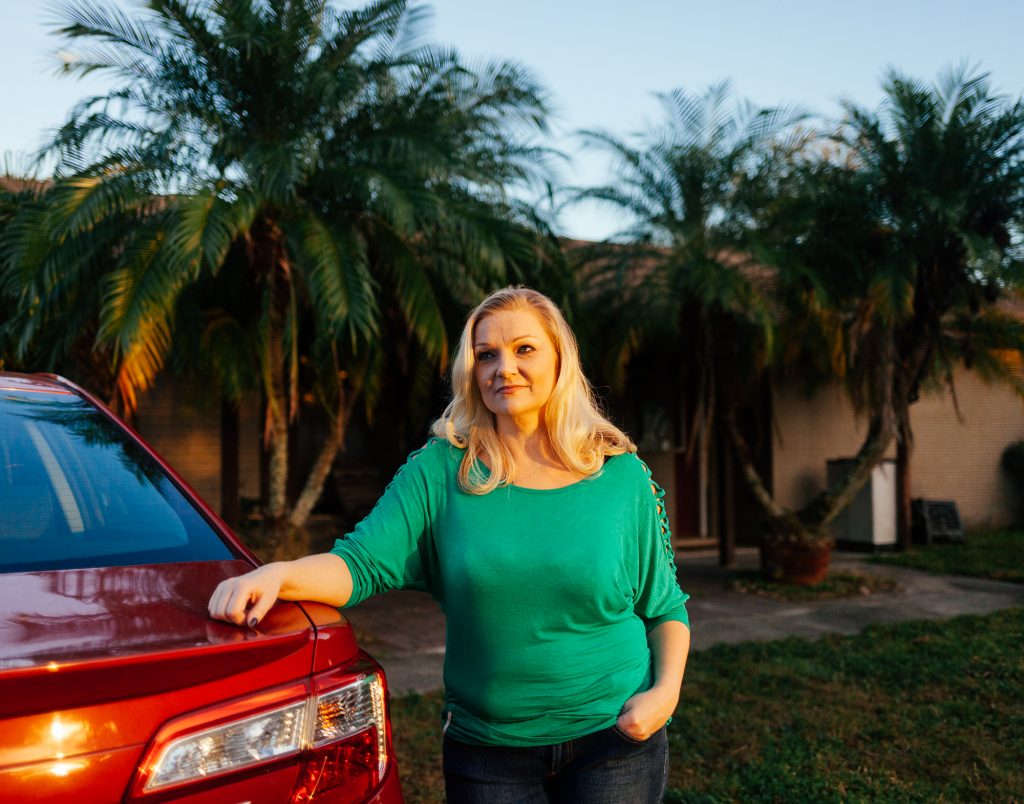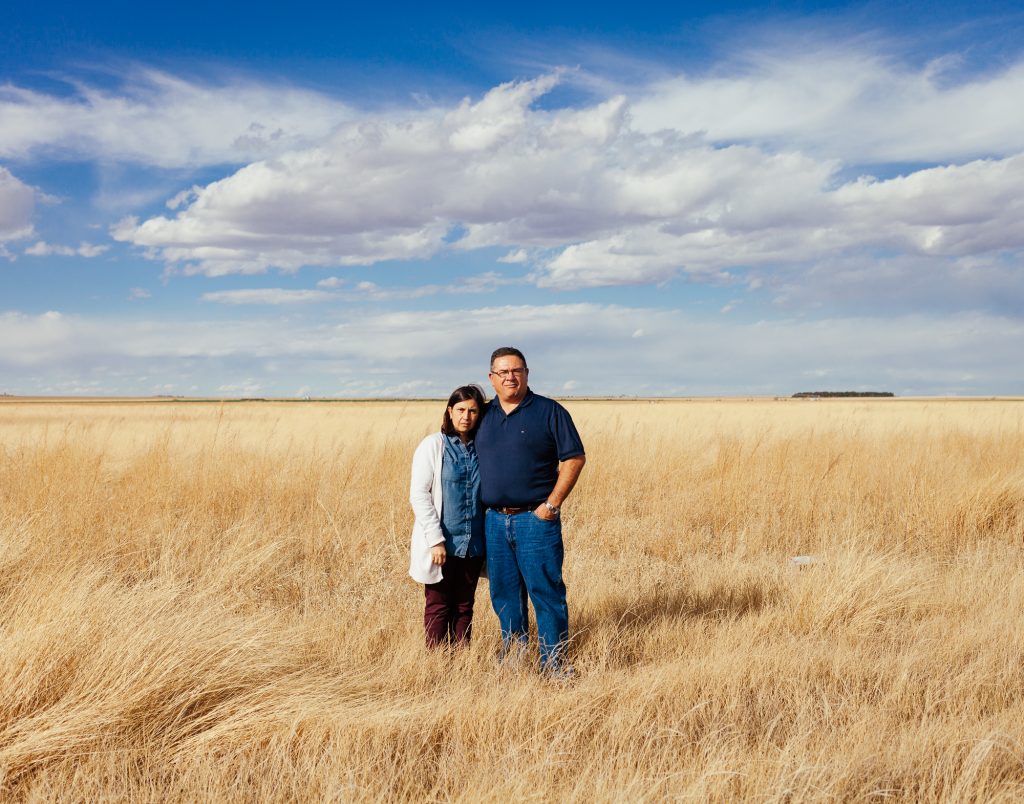
Childhood
Tano (Estanislao) was born in Mexico City. His father was a civil engineer, and the family lived in many different parts of Mexico for his work. When Tano was six, the family moved to Venezuela, where they lived for a few years. This new home allowed Tano to meet people from many different parts of the world. Without other relatives closeby, Tano’s bond with his brother grew very strong. Today Tano considers his brother his best friend.
Their father, Estanislao Sr., was a hard worker and instilled a strong work ethic in Tano and his brother.
“My dad was everything. He was my role model. He always showed me the right thing.”
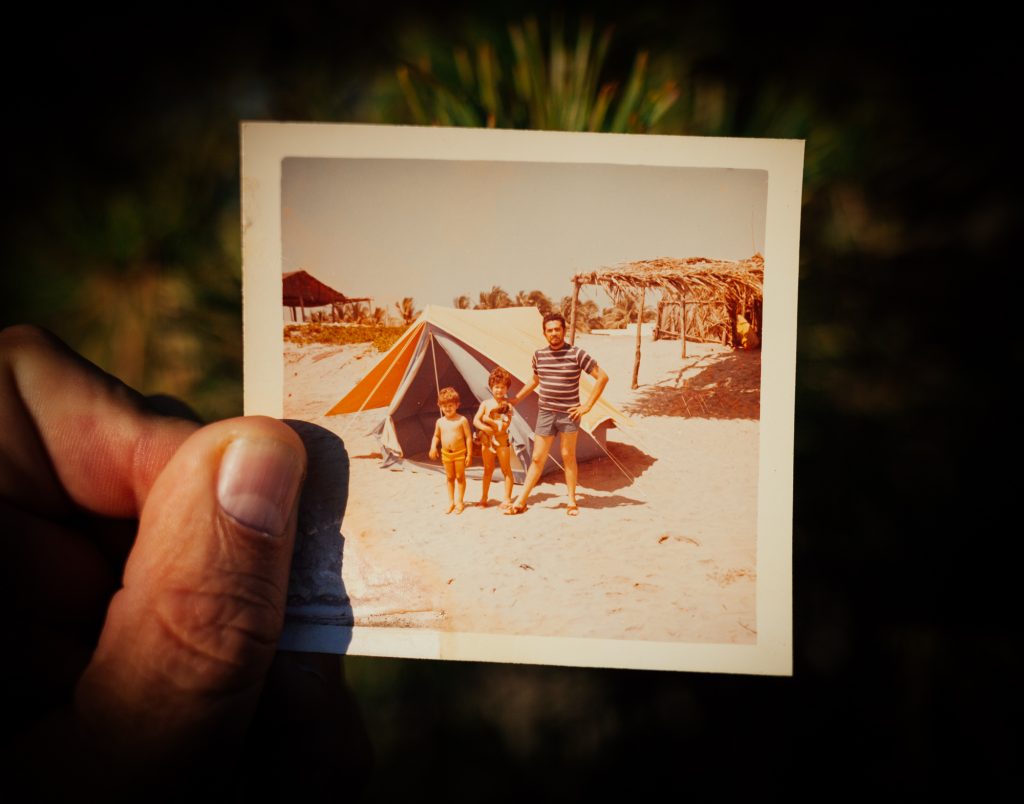
Every summer Estanislao Sr. had his sons work long days on the family farm. At five in the morning, they would be out watering trees, cutting alfalfa, and feeding the animals. Tano also spent a significant amount of his childhood living with his grandmother in Mexico City. When Tano was eight, he was sent to live with grandma to finish elementary school, and then again when he was accepted to the same all-boys Catholic high school his father attended.
American Football
The first time Tano saw American football was when a game was televised following his cartoons. He remembers thinking he would like to play the sport someday. From an early age, Tano was large compared to most Mexicans, so football seemed like a good sport to try. He started playing defensive end at age 17.
Tano knew that his father wouldn’t approve, fearing it would interfere with his studies, so for the first two years he didn’t tell him. If his father asked where a particular bruise came from, Tano would say to him that it was from one of the cows.
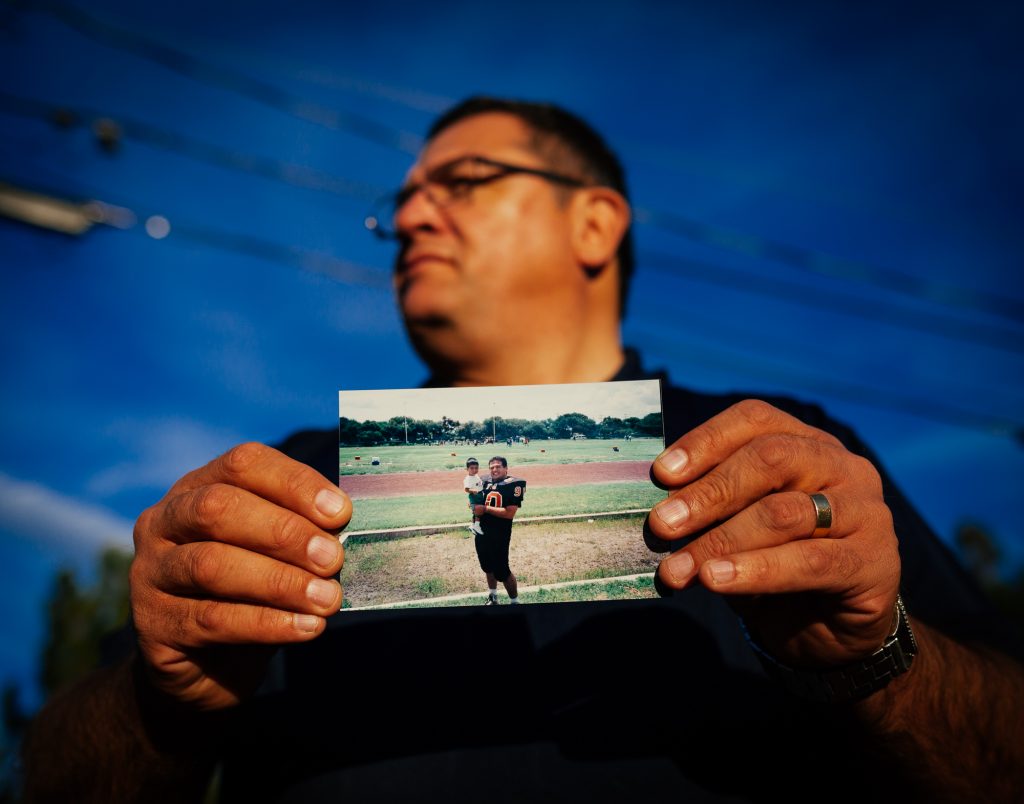
When Tano received the rookie of the year award, a local radio station wanted to do an interview. Tano didn’t want his father to find out, so he told him he was going out to study with a friend. Still, his dad found out about the interview and recorded it on a cassette. When Tano came home, he handed him the recording. Tano will never forget the first game his father came to watch, and how he tried to play his best. He remembers his dad telling him after the game, “If all of these players had a real job, Mexico would be different.”’
His father’s second wife revealed to Tano recently that when a sports magazine featured Tano, his father actually carried that article around and showed it to everybody. It meant a lot to Tano to know that his father was proud, even if he hid it. (audio below)

Meeting Paty
Tano went to a friend’s wedding in Cuernavaca, Mexico. The wedding started at noon, and by midnight he had met his future wife, Paty. The following day the two of them went out and Paty told him that she has multiple sclerosis. He didn’t know what that was, but he said he didn’t have a problem with it.
“When we started dating, she said, ‘you need to go with me to see a specialist, so you know what you are dealing with.’ The specialist was really clear. I was in shock and like, ‘I don’t know if I want to do this.’ We left the doctor’s office and she said ‘let’s go drink coffee’. I said, ‘no, I want to go home,’ and she said, ‘you owe me this.’ I’m glad she said that, or else we wouldn’t be here. We went to drink coffee, started talking about it, and I thought about how if I was sick, I would love someone to give me the opportunity. I cannot picture my life without her.” (audio below)
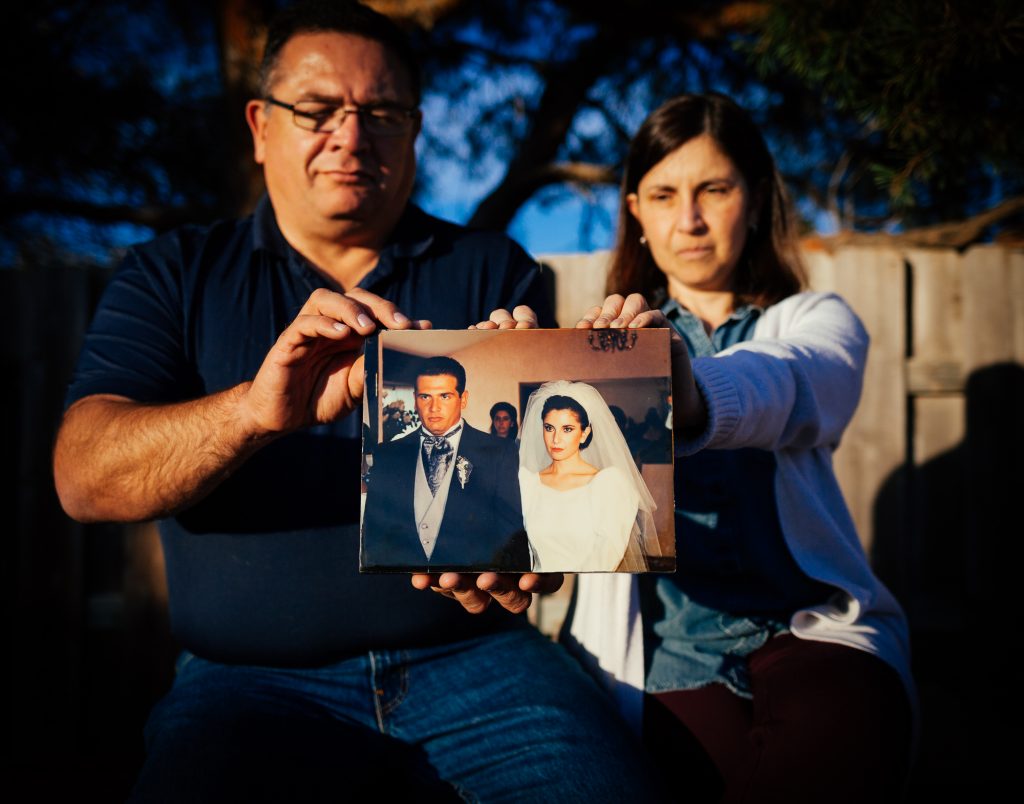
When Tano proposed to Paty, he was working as a prefect at school. Paty said the answer was “no” unless he got a better job. He started looking, and he found one in the swine business, which was the animal he promised his dad he would never work with.
Tano spent a lot of time growing up on his grandpa’s farm, about five hours from Mexico City. He had lots of animals, and it was there where Tano first started dreaming of becoming a veterinarian and taking care of animals. Pigs, in particular, were important to the family. Trucks would drive up to the farm to pick up the pigs, and Tano had to help load them. But he will never forget the time a pig bit him – 45 stitches – and the doctor said he would be lucky if he walks again. Luckily he recovered, but he told his dad, “I’m not going to work with pigs ever in my life.”
Tano didn’t know at the time that he would end up studying to become a veterinarian, and his career would involve pigs.
Adoption
After marrying, Tano and Paty decided to adopt. The process in Mexico requires a lot of time, paperwork, and waiting for a phone call. Tano will never forget when Paty called and said, “You are going to be a dad!” Tano loves how his daughter sleeps the same way as Paty. People are often afraid to ask about adoption, but Tano and Paty aren’t shy about it. Their kids have always known they were adopted. (audio below)

Tano and Paty are both very proud of their children. His advice to other couples thinking of adopting:
“They are your own kids, and you need to feel that way. It is not about who is the biological father; it is about who raises the kid. Don’t care about what your relatives will say. It is about what you and your partner feel.”
One thing he has tried hard to teach his children is to finish what you start no matter what.
“We live in a culture of quitters. If you start, you finish.” (audio below)
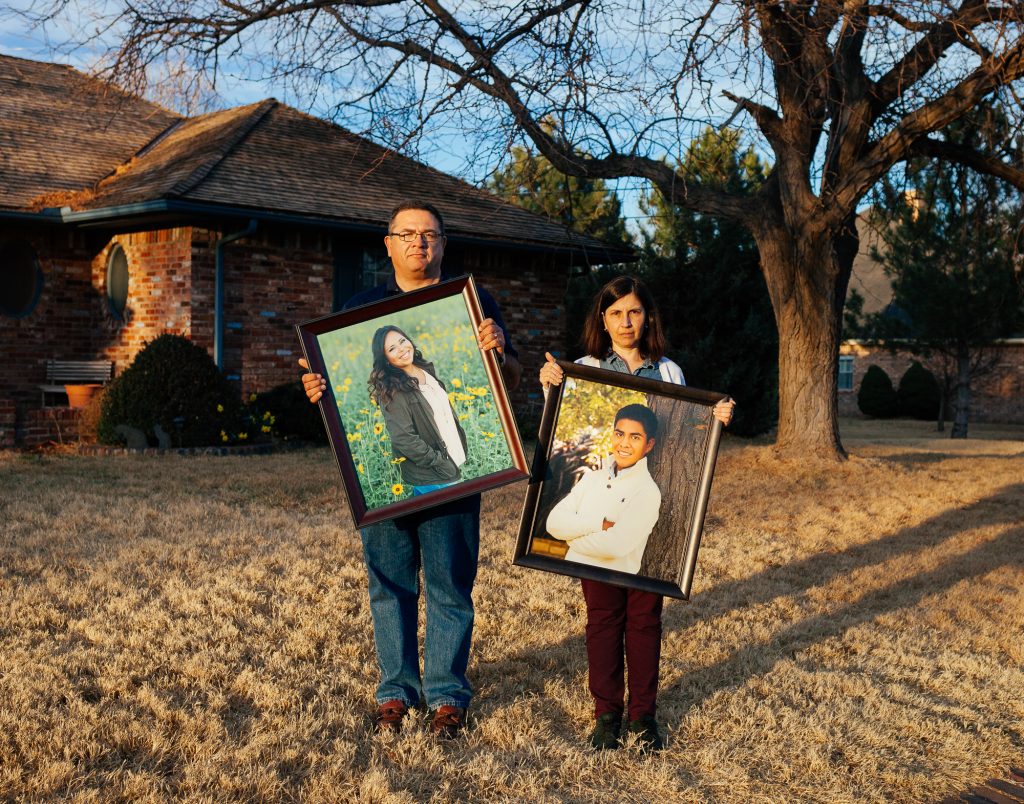
United States
Tano grew up thinking the United States is where candies come from and a place where everyone is successful. Paty, who is of French ancestry but born in Mexico City, was familiar with the United States as her parents always vacationed in the US and owned a house in Texas. Paty had spent one year at a boarding school in Texas to learn English.
After one year of marriage, Paty went to visit her sister in Texas. When she returned to Mexico, she told Tano they needed to move to the United States. Paty felt like Mexico was getting more and more dangerous, and she was increasingly concerned about kidnappings. She wanted to raise her children in a place where they could feel safe.
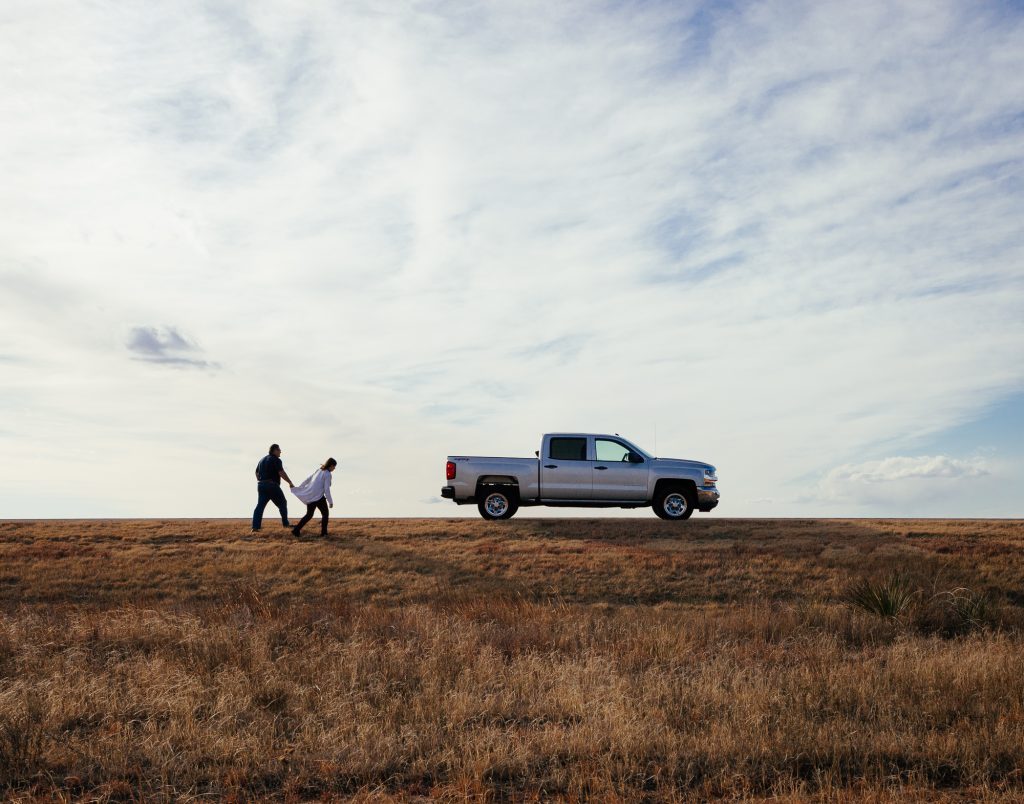
The company Tano was working for, the world’s second-largest pork producer had a central office in the USA, and he found out they were hiring. In 2002, the whole family moved to Kansas. He started as a manager, but his goal was to be in upper management. He heard those jobs were only for Americans, but Tano became upper management four years later. Tano is used to defying the odds.
“People have told me my whole life, ‘don’t do it, it is not going to happen.’ I guess I don’t listen.”
While there, he created the company’s international recruitment program, figuring out ways to bring employees from Mexico to work in the US on the NAFTA trade visa. In his last year at the company, Tano facilitated the hiring of 480 Mexicans.
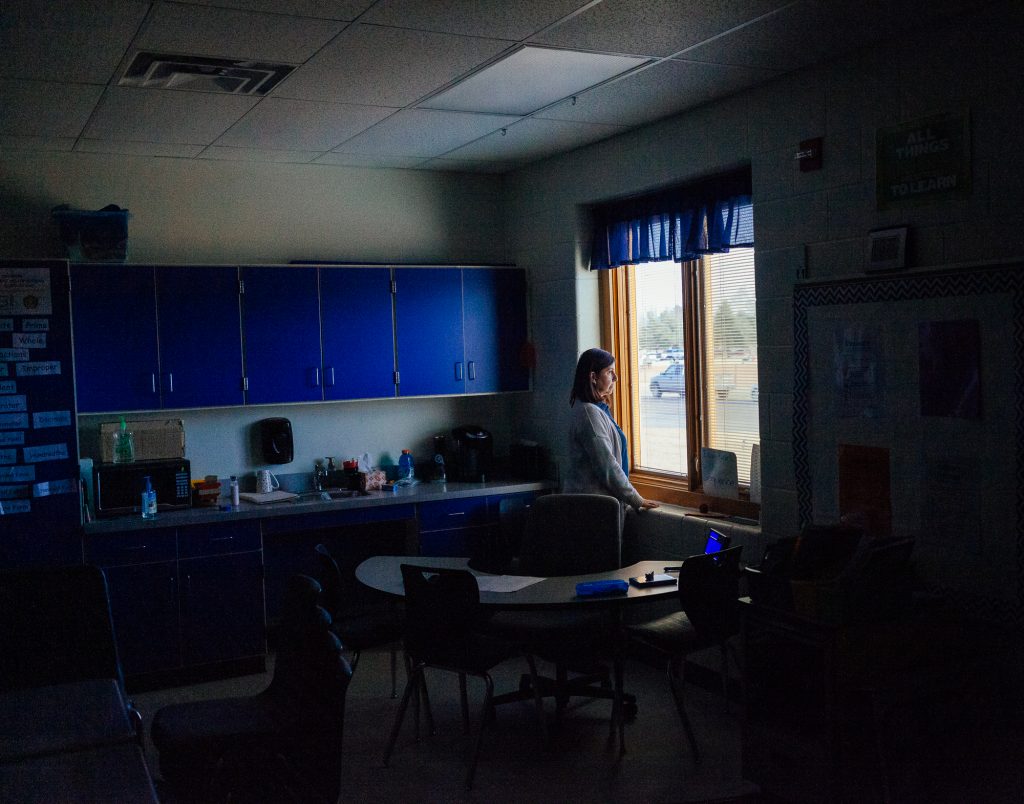
Kansas
Moving to the USA felt like a vacation at first for Tano and Paty. After the first two weeks, when he started working, he thought, “Oh, we aren’t in Kansas anymore – but we are!” Paty was used to having a housekeeper in Mexico.
“I missed having a maid! I didn’t know how to clean, so I learned how to clean here. This is the American dream, I guess?”
Paty was a private school teacher in Mexico, but couldn’t work legally in the US when they first arrived, so she looked after their son, who was four and their daughter, who was two. Tano’s salary wasn’t enough to live on, so Paty started babysitting other children in those first years.
Paty thinks it is essential for immigrants to adapt quickly to the new culture.
“We moved to a new country, so we have to adapt to the culture. Don’t expect the country you moved to, to adapt to you. Even if you love your culture, don’t get rid of it, but you are in a new country.”
Work
Paty moved from babysitting to being a teacher’s aid and then went back to university. Eventually, in 2017 at the age of 49, she received her US teaching degree. She now has her own fourth-grade class at the local public school.
“The moment I put my foot down in the school, I knew I was back in my element.”
Paty thinks the Hispanic students in her class benefit from having a teacher who is bilingual and bicultural. In the beginning, the white children in her class were difficult – making fun of her accent. Cleverly, she came up with a creative way to prove to them that everyone has an accent, and there is nothing wrong with that. (audio below)
Paty describes Kansas as windy, mountainless, treeless, and weather that is either really cold or really hot. The demographic of the population is different than what Paty expected with many Spanish speakers. The county in which they live is approximately 75% Hispanic, with many being second or third-generation Americans. Most of the people living around them work in the nearby meat processing plants.
Tano is aware of the difficulties of working in the meat processing industry. When he started his recruitment job, he made a point to go into the plant and see how it all works.
“I don’t know how these people do it. I gained a lot of respect for people doing these kinds of jobs. Ninety percent of the people at the plants are Hispanic.”
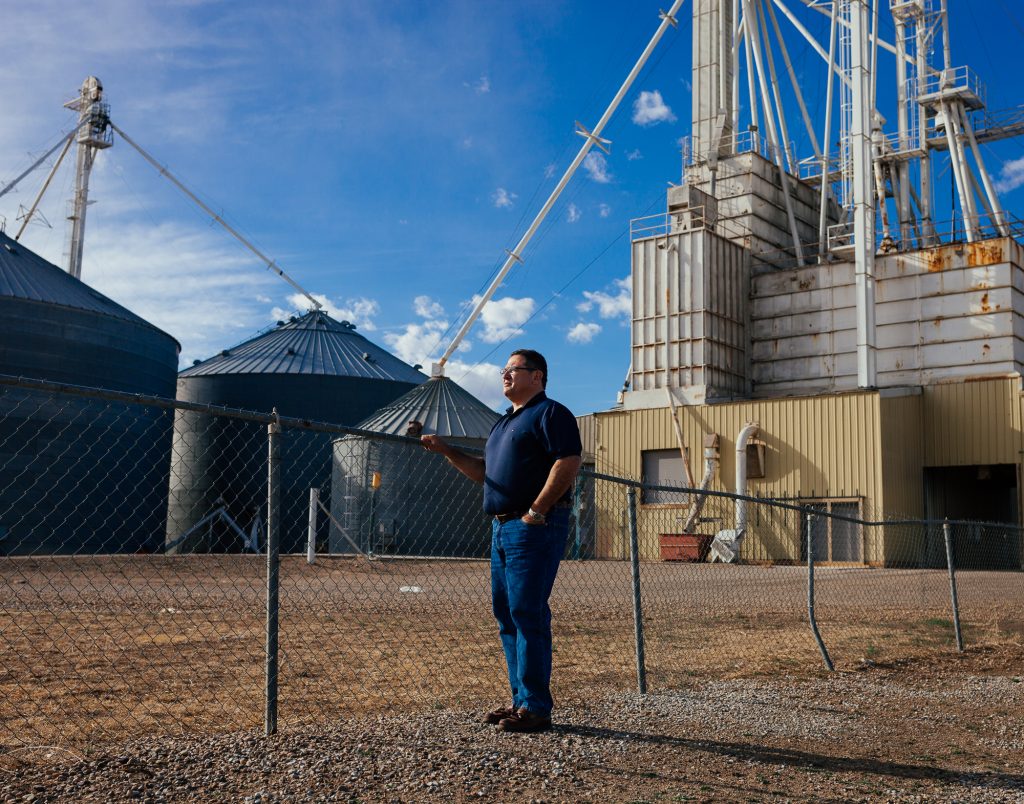
Currently, Tano works for a small family-owned pork company with 150 employees. They are antibiotic-free, hormone-free, and targeting the organic market, instead of trying to compete with the big companies. Tano’s job is to develop their business and find producers to raise pigs. He visits farms all over the country, flying over one hundred times a year. Tano has grown to love pigs, emphasizing how smart and clean pigs are. He feels satisfied working for a company that cares about these animals.
“To be honest, working for this company was my opportunity to give back to the pigs. Without these animals, I wouldn’t be here and I wouldn’t have this house. Now it is more humane, they can move, and are antibiotic, hormone-free. It’s better for the animal.” (audio below)
Paty’s health has benefited from being in the United States. There is a familiarity with multiple sclerosis in the US that doesn’t exist in Mexico. She has had access to knowledgeable doctors and a culture that understands her particular situation.
Still, Paty wishes her children could grow up going to their grandparents every weekend as she did. Not having extended family around them is hard. Ultimately Tano says they are “living the dream” at the moment.
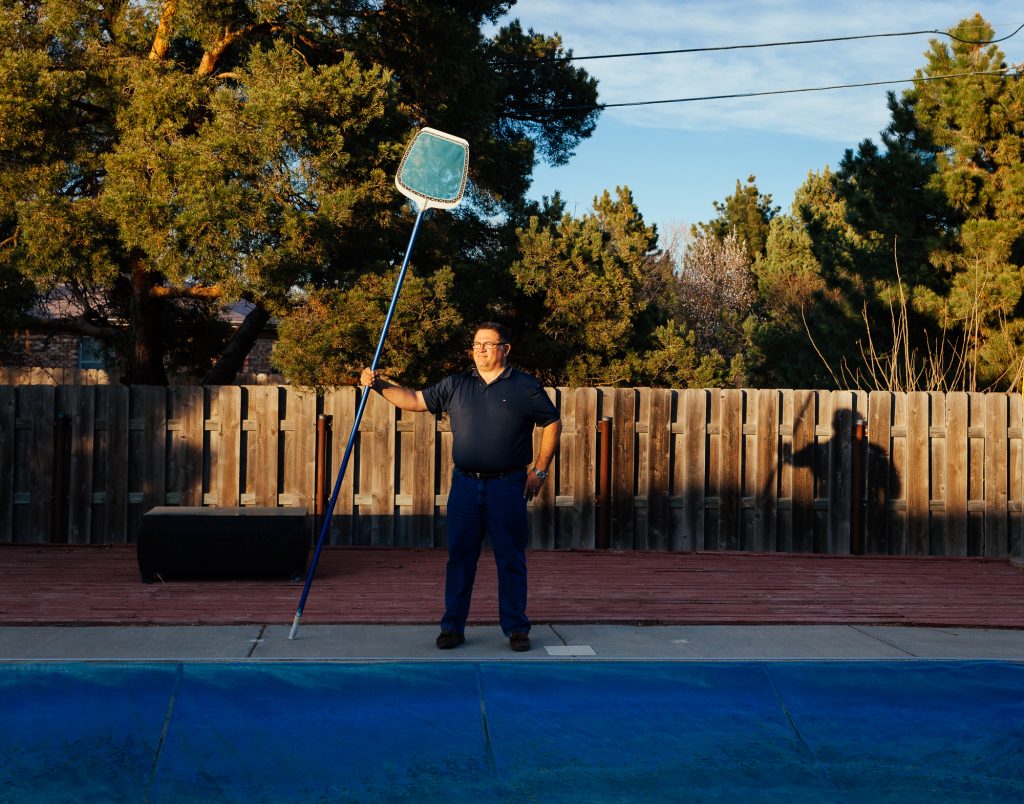
Dreams
They have a beautiful house with a pool and a golf cart outside. His wife, his kids, and he are all healthy.
“I love what I’m doing, and they pay me for that! I’m like a professional athlete!”
One of Tano’s dreams is to see his kids graduate from college. Their son studies neurological science and is on a running scholarship. Their daughter is going to university on a golf scholarship. Tano predicts that his son is going to be a lawyer and his daughter, a chef. Their dog Rita, who they got at the shelter, continues to be “the princess of the house”.
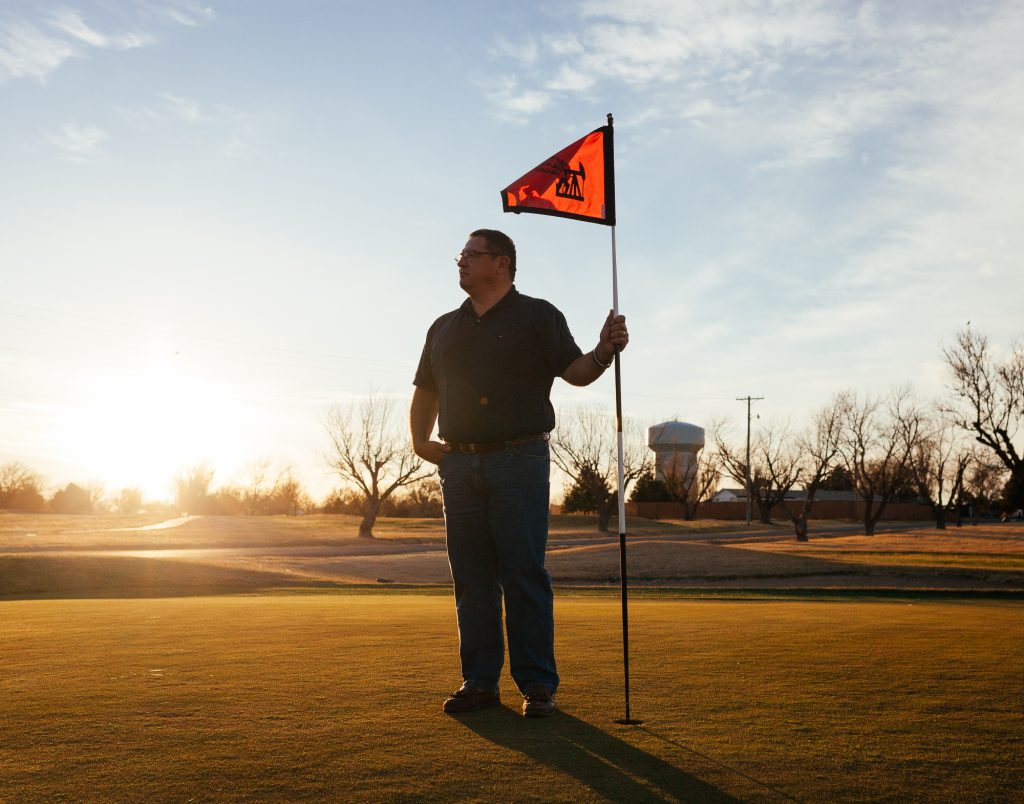
Tano’s dream for the future is to one day spoil his grandkids, retire, and play lots of golf. He misses playing football but is happy being a golfer now. He loves the challenge and how it releases stress.
“Everybody plays golf here, and I just love it.”

When asked if he has any advice for young couples, Tano said:
“Patience and lots of communication. Do not expect any changes. When we get older our defects will be more pronounced. Learn to love the things you don’t like about your partner.” (audio below)
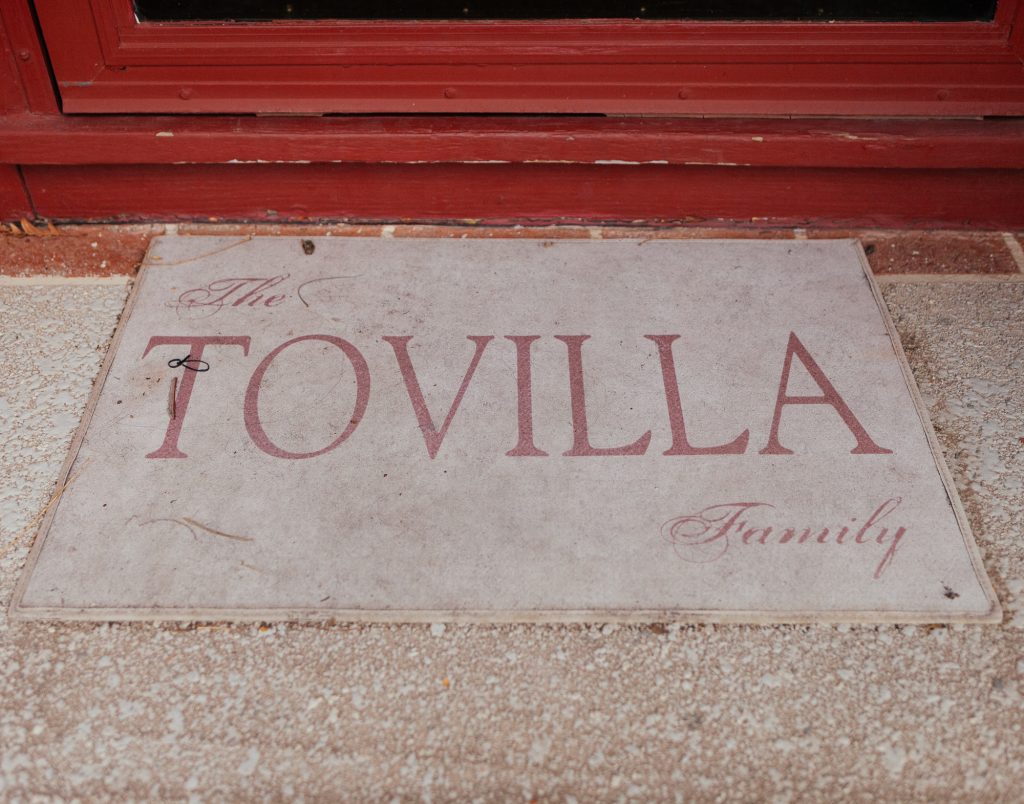
In 2018 after living in the United States for 15 years, they became American citizens, but Tano will always be Mexican.
“I was born Mexican, raised Mexican, and I will die Mexican.”
#FINDINGAMERICAN
To receive updates on the book release and exhibition of “Finding American: Stories of Immigration from all 50 States” please subscribe here. This project is a labor of love and passion. If you would like to support its continuation, it would be greatly appreciated!
© Photos and text by Colin Boyd Shafer | Edited by Kate Kamo McHugh & Janice May. Quotes are edited for clarity and brevity.









